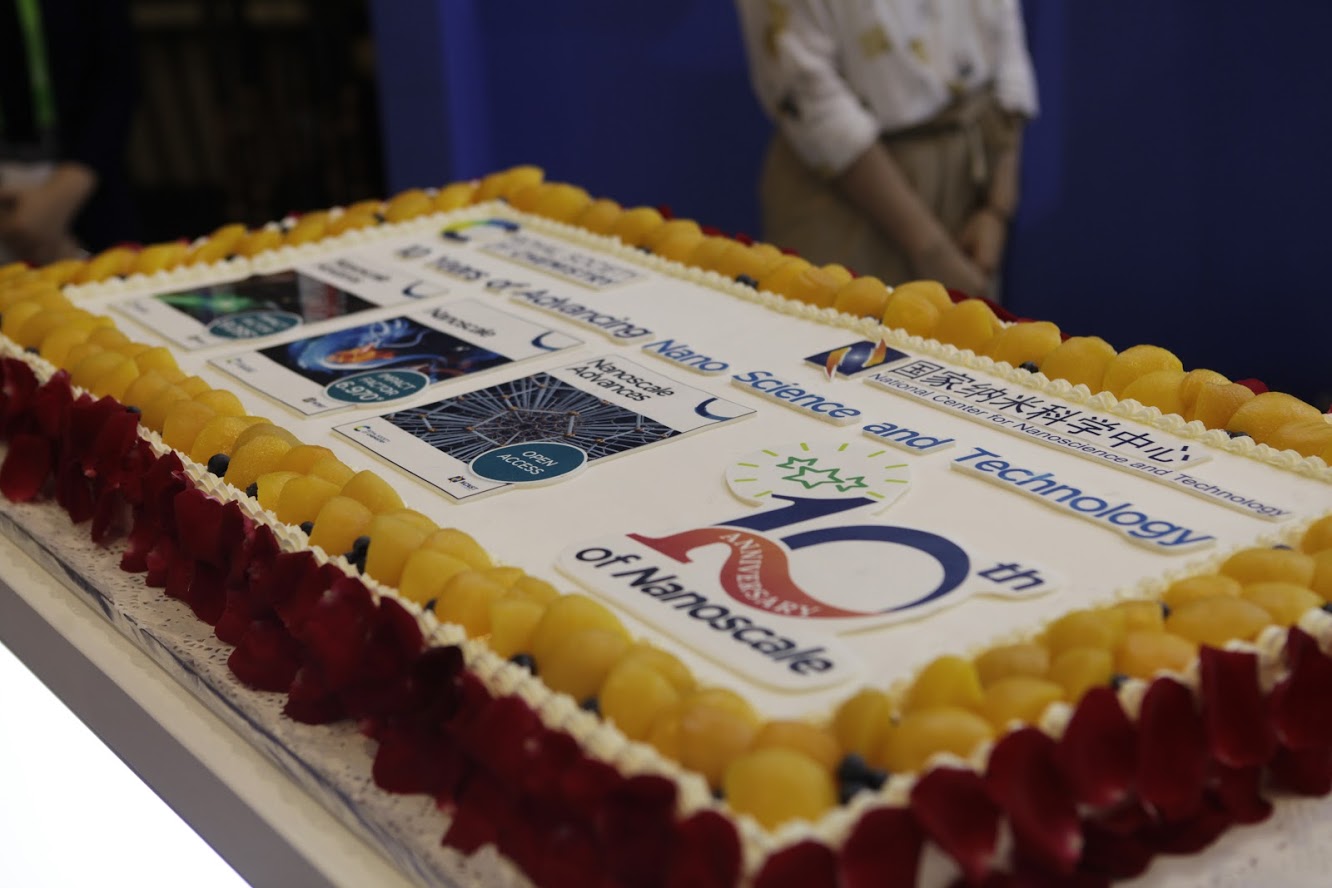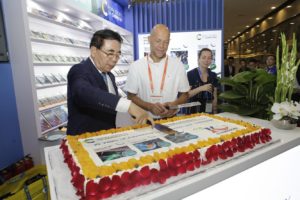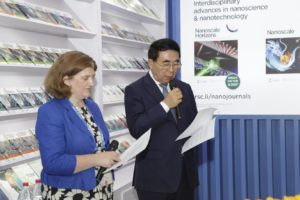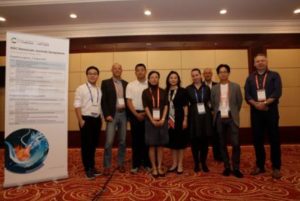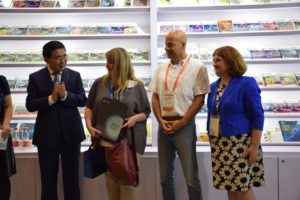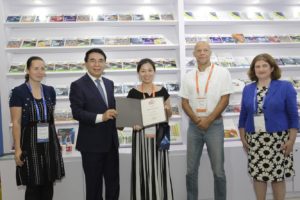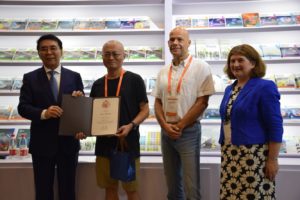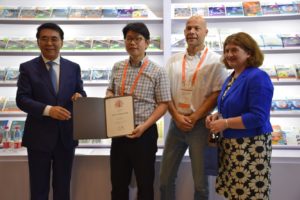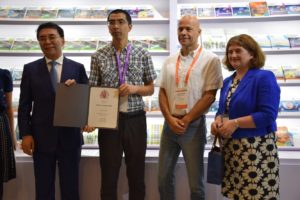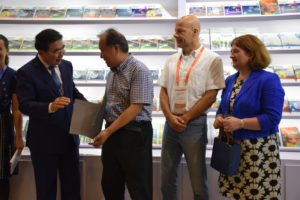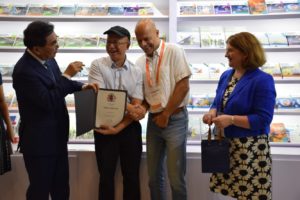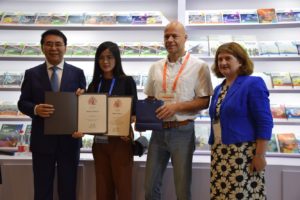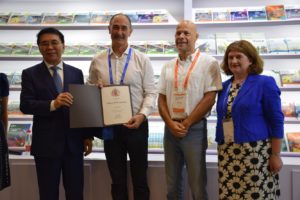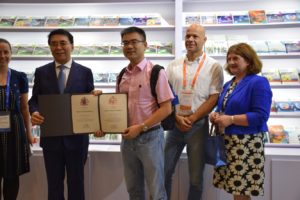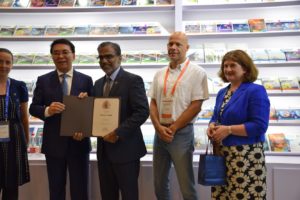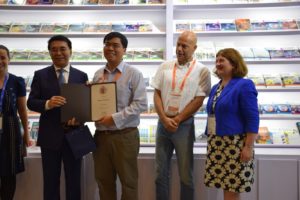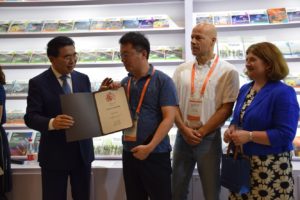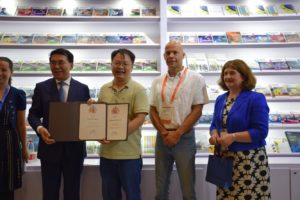The 18th International Conference on Molecule-Based Magnets (ICMM 2023) took place in Nanjing, China from 10–14 September 2023. Nanoscale Horizons, Nanoscale Advances, Chemical Science, Dalton Transactions, Materials Horizons and Inorganic Chemistry Frontiers were pleased to support best poster awards at this event and we would like to congratulate our winners!
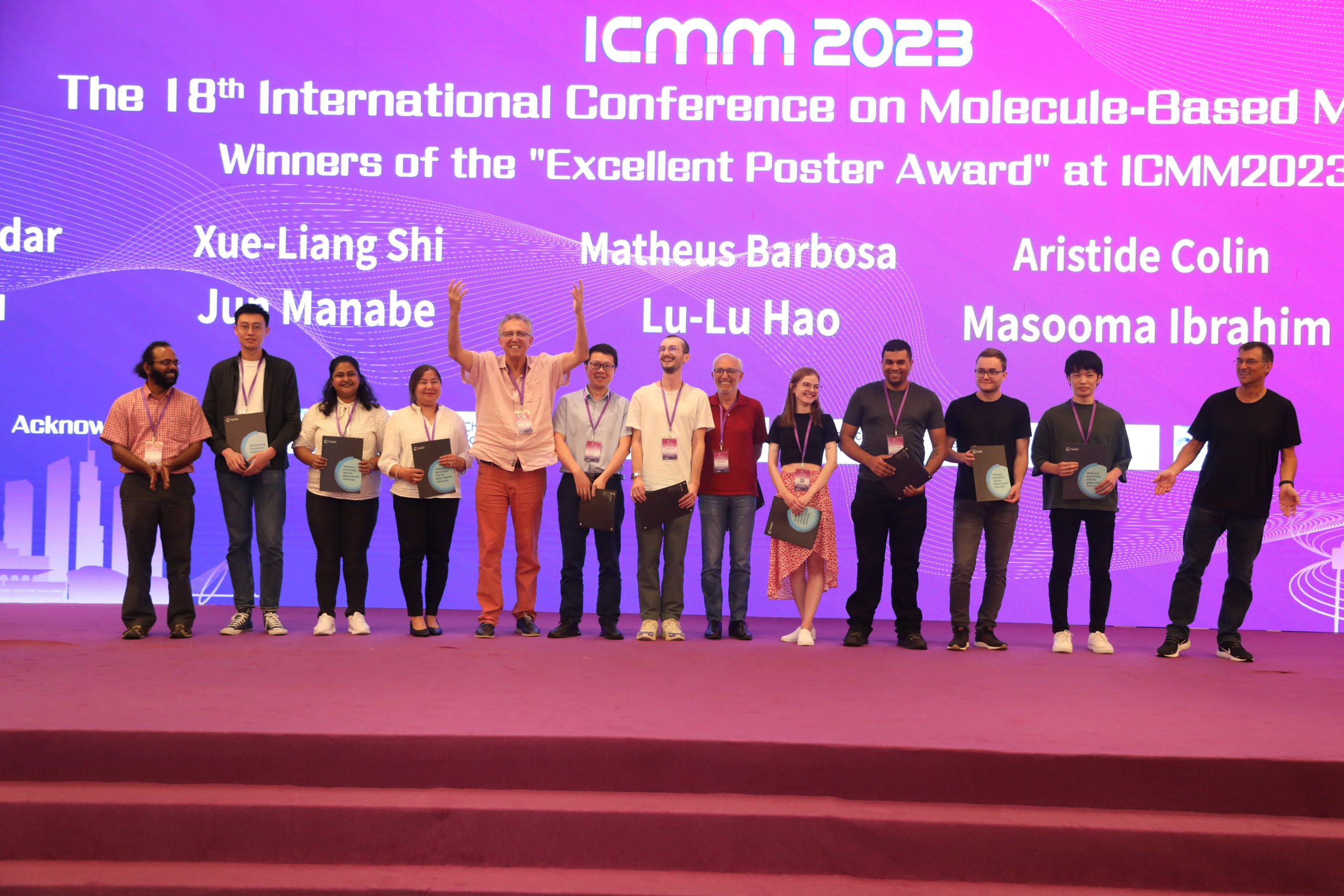
Some of the winners of the RSC poster prizes at ICMM 2023.
Learn more about our poster prize awardees below:
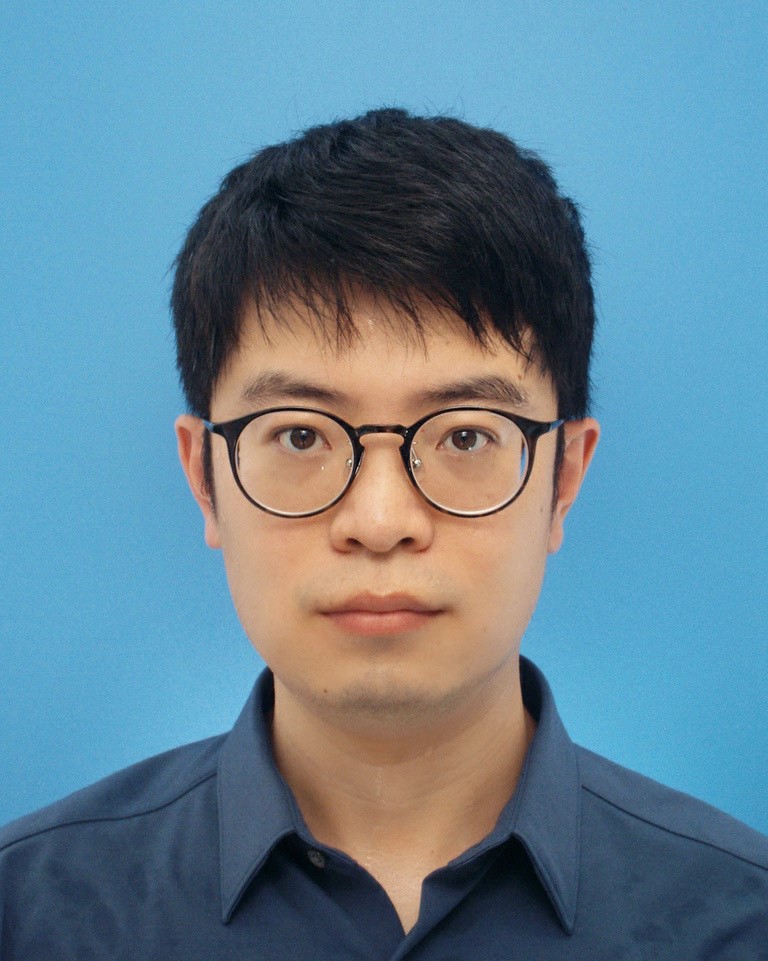
Dalton Transactions Poster Prize Shu-Qi Wu (Kyushu University, Japan) Shu-Qi Wu has served as an assistant professor at the Institute for Materials Chemistry and Engineering, Kyushu University since 2021. He earned both his bachelor’s and master’s degrees from Tsinghua University, studying under the guidance of Prof. Hui-Zhong Kou. He later pursued a Ph.D. degree from Kyushu University in 2018, supervised by Prof. Osamu Sato. His current research interest focuses on the development of molecular magnets and magnetoelectrics, as well as theoretical investigations into electronic structures of transition metal complexes. |
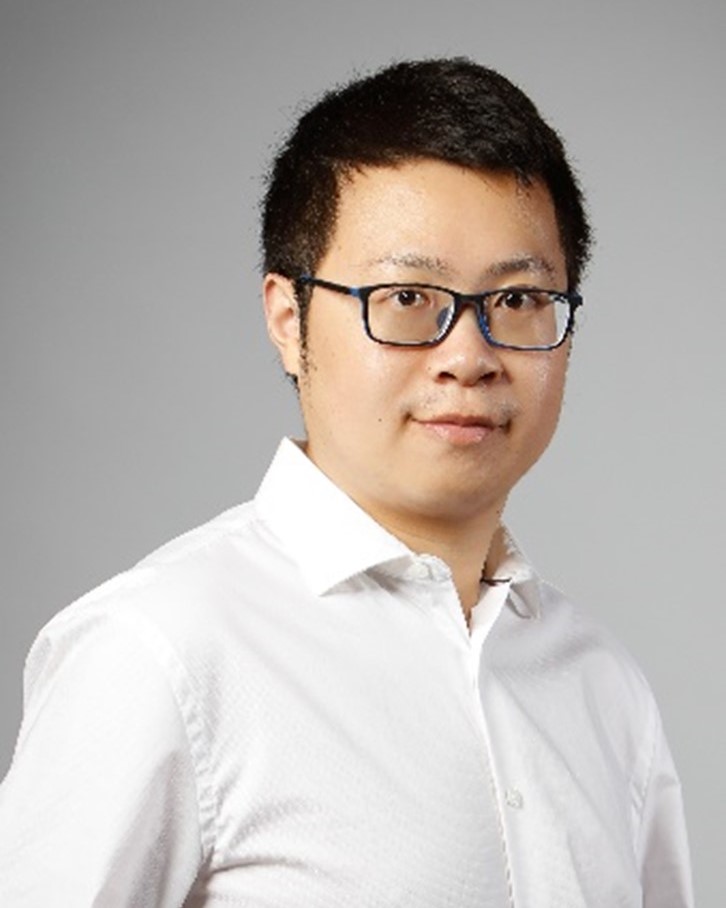
Chemical Science Poster Prize Xue-Liang Shi (East China Normal University, China) Prof. Xueliang Shi received his bachelor’s degree in applied chemistry from Soochow University in 2011. He then conducted his PhD research at the National University of Singapore under the supervision of Prof. Chunyan Chi and Prof. Jishan Wu from 2011 to 2016. He conducted his postdoc study at the University of Washington at Seattle from 2016 to 2018 with Prof. Alex K.-Y. Jen. He has been a professor at East China Normal University since 2018. Prof. Shi’s research interests are focused on organic radicals, supramolecular radical chemistry, and organic radical-based smart materials. |
|
Chemical Science Poster Prize Matheus Barbosa (Leibniz Institute for Solid State and Materials Research, Germany) Matheus F. S. Barbosa was born in Contagem, Brazil. He received a bachelor’s degree in physics/astrophysics (2019) and a master’s degree in physics (2021), both from the Universidade Federal de Minas Gerais (UFMG), Brazil. During his master’s degree, he studied magneto-optical interactions of self-assembled ferromagnetic monolayers on stepped substrates. In 2021, he joined the Leibniz Institute for Solid State and Materials Research in Dresden, Germany as a junior researcher, under supervision of Dr. Alexey Popov. In parallel, he joined as a PhD candidate at the Technische Universität Dresden (TUD), under the supervision of Prof. Dr. Bernd Büchner. His doctoral research focuses on investigating the magnetic properties of single molecule magnets, especially the rare-earth class of endohedral metallofullerenes. As the research field of molecular magnetism advances, more robust design strategies are used to synthesize single molecule magnets suitable for materials of tomorrow and beyond. |
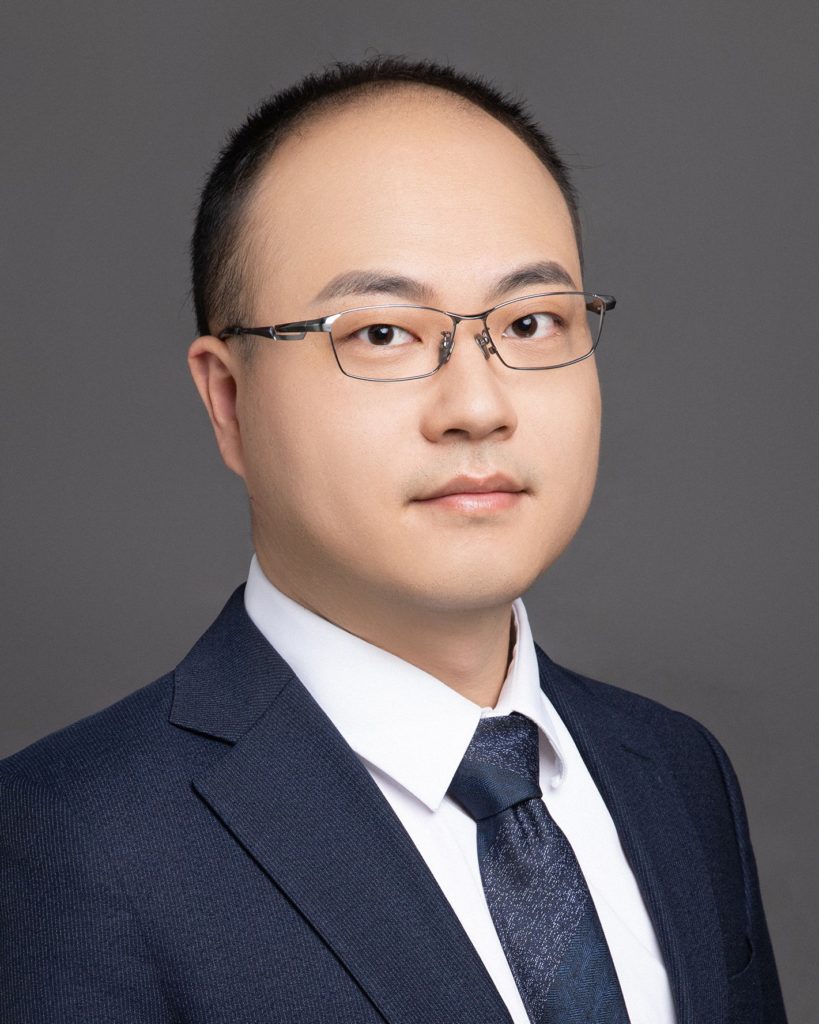
Materials Horizons Poster Prize Yuan-Qi Zhai (Xi’an Jiaotong University, China) Yuan-Qi Zhai is an assistant professor at the Frontier Institute of Science and Technology (FIST) of Xi’an Jiaotong University (China), in the group of Prof. Yan-Zhen Zheng. He obtained his Ph.D. in condensed matter physics from Xi’an Jiaotong University in 2022. During this period, he was awarded a Postgraduate National Scholarship and an Excellent-Postgraduate-Students Award. His current research interest is the theoretical investigation of the magneto-structure relationship of single-molecule magnets (SMMs), single-molecule toroics (SMTs) and two-dimensional (2D) spin-frustrated magnets. |
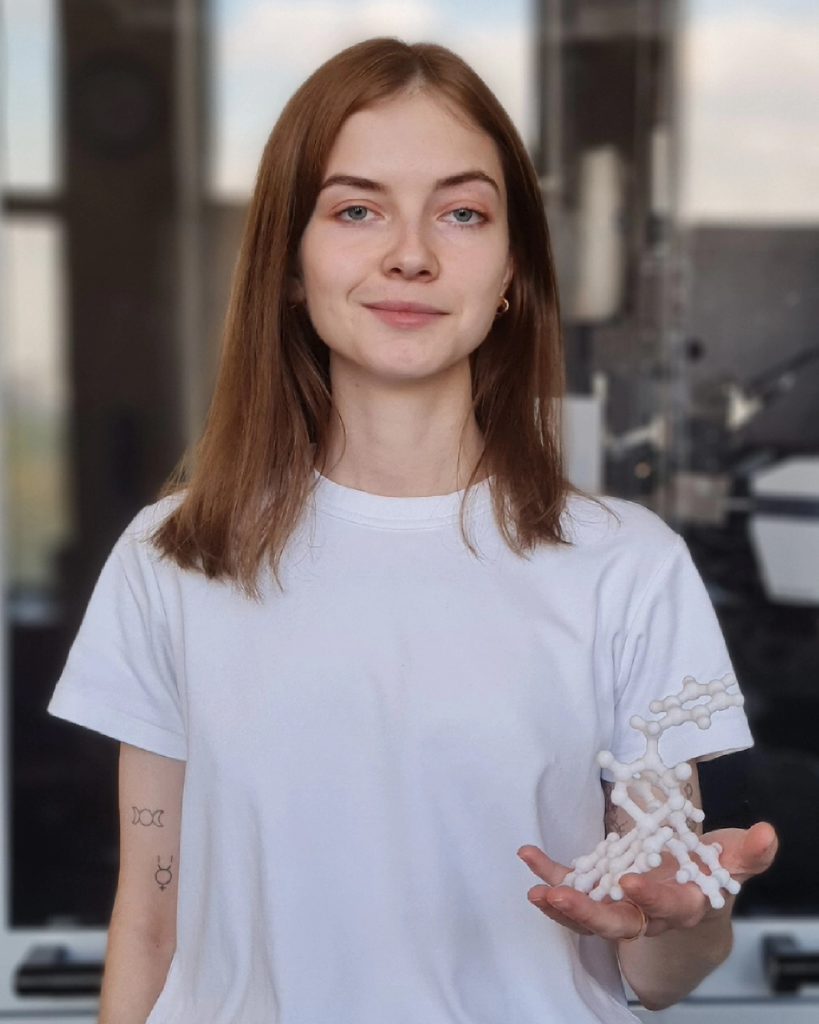
Nanoscale Advances Poster Prize Anna K. Matiukhina (N.S. Kurnakov Institute of General and Inorganic Chemistry RAS, Russia) Anna Matiukhina is a PhD student in inorganic chemistry at the Kurnakov Institute of General and Inorganic Chemistry RAS. She works in the Laboratory of chemistry of coordination polynuclear compounds (head of laboratory: Prof. Dr. I.L. Eremenko, full-member of the RAS) under the supervision of Dr. E.N. Zorina-Tikhonova. Anna Matiukhina studied inorganic and theoretical chemistry in the direction of Materials Sciences at Mendeleev University of Chemical Technology of Russia (M.Sc). Her current research interests include the synthesis of coordination compounds and crystallographic studies of the resulting complexes. Also, a priority direction in her research is the study of the magnetic properties of the resulting compounds and quantum chemical ab initio calculations. |
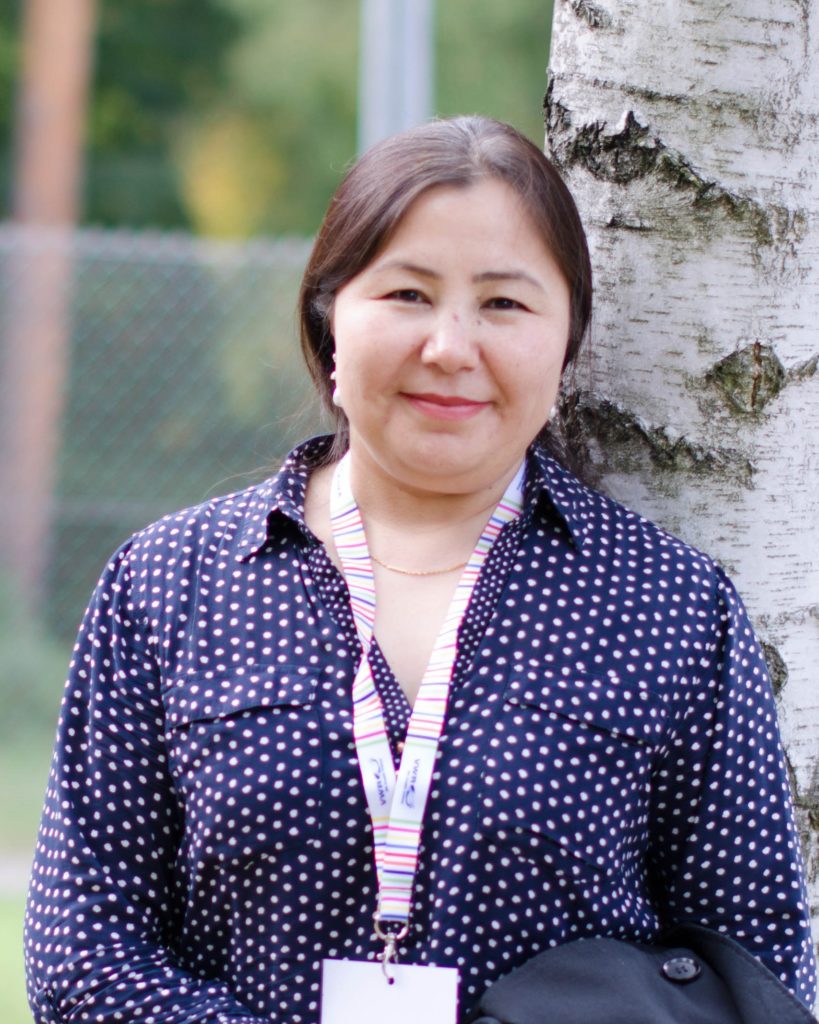
Nanoscale Horizons Poster Prize Masooma Ibrahim (Karlsruhe Institute of Technology, Germany) Dr. Masooma Ibrahim obtained her PhD in Chemistry from Jacobs University, Bremen, under the guidance of Prof. Ulrich Kortz. In 2012, she embarked on the next phase of her academic journey by joining Prof. Annie K. Powell’s research group at the Karlsruhe Institute of Technology (KIT). Dr. Ibrahim’s current research at KIT is primarily focused on the preparation and structural characterization of multifunctional materials derived from polyoxometalates (POMs). These materials possess intriguing properties applicable to a wide range of fields, including magnetism, catalysis, energy, medicine, and materials science. Consequently, her work involves active participation in multidisciplinary research, collaborating with experts in chemistry, physics, materials science, biology, and engineering. |
|
Chemical Science Poster Prize Rajashi Haldar (Indian Institute of Technology Bombay, India) Rajashi Haldar is a PhD student at the Indian Institute of Technology Bombay, India, under the supervision of Prof. Maheswaran SHanmugam. She obtained her bachelor’s from the University of Calcutta, India, with First Class Honours in chemistry, and a master’s degree in chemistry, from Indian Institute of Engineering Science and Technology Shibpur, India. During her master’s project under the guidance of Prof. Anup Mondal, she focused on the deposition of ternary PbxCu1-xSe thin films via electrochemical (galvanic) techniques and studied its efficiency to degrade organic dyes photocatalytically. Rajashi’s doctoral research work is on designing and synthesizing various molecular complexes possessing piezo- and ferroelectric properties, which can be exploited in capturing mechanical, thermal, acoustic energies and converting them into electrical energy. |
|
Inorganic Chemistry Frontiers Poster Prize Ruslan B. Zaripov (FRC Kazan Scientific Center RAS, Russia) Ruslan B. Zaripov graduated from Kazan State University (Russia) in 2005 with a degree in radiophysics. In 2009, he defended his Ph.D. thesis on the use of ESEEM for the study of disordered systems containing radicals. Currently he works at the Zavoisky Physical Technical Institute (Kazan, Russia). Currently, his scientific interests are focused in the field of studying decoherence processes in magnetic materials using modern multi-frequency EPR spectroscopy. |
|
Dalton Transactions Poster Prize Lei Sun (Westlake University, China) Lei Sun is an assistant professor of chemistry and physics at Westlake University. He received his B.S. degree in 2011 at Nanjing University. During 2011−2017, he worked with Prof. Mircea Dincă at Massachusetts Institute of Technology. After graduating with a Ph.D. in Inorganic Chemistry, he conducted postdoctoral research under the guidance of Prof. Danna E. Freedman at Northwestern University during 2017−2019 and then Dr. Tijana Rajh at Argonne National Laboratory during 2019−2021. Meanwhile, he studied machine learning at Georgia Institute of Technology and in 2022 obtained a Master of Science in Computer Science. In November 2021, he joined Westlake University and established the Laboratory of Molecular Quantum Devices and Quantum Information. His research is focused on molecular quantum information science and emergent physics in two-dimensional metal-organic frameworks. |
|
Chemical Science Poster Prize Aristide Colin (University Paris-Saclay, France and University of Tokyo, Japan) Aristide Colin is studying in a double-degree PhD program between Paris-Saclay University (France), and the University of Tokyo (Japan), under the joint supervision of Prof. Talal Mallah and Prof. Shin-ichi Ohkoshi. He obtained his master’s degree in inorganic, physical and solid-state chemistry from Paris-Saclay University in 2021. His current research aims at designing, preparing and studying polynuclear complexes with redox- and/or photo-switchable magnetic properties, based on transition metal ions, as well as on lanthanide ions. In addition, he uses ab initio calculations to gain insights into the electronic properties of the complexes that govern their switchable and magnetic behavior. |
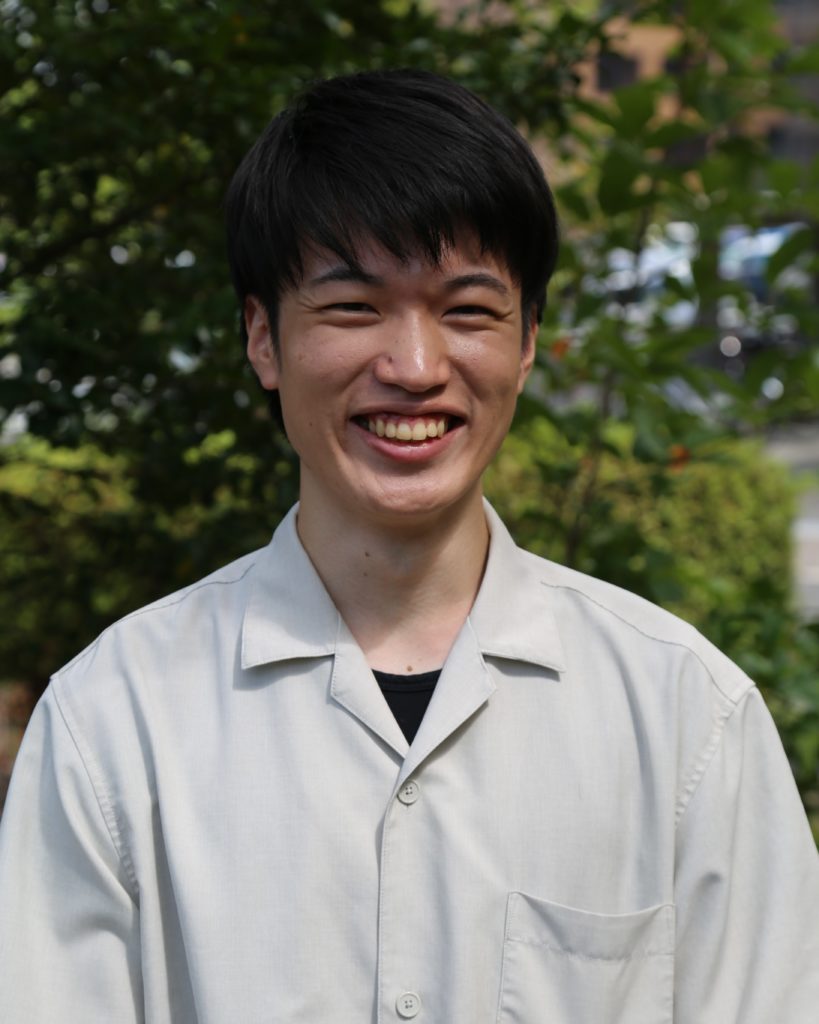
Chemical Science Poster Prize Jun Manabe (Hiroshima university, Japan) Jun Manabe is a PhD student in the Department of Chemistry at Hiroshima University, Japan. He studied physical chemistry in crystalline material under supervision of Prof. Nishihara and obtained his bachelor’s and master’s degrees. He is interested in the development of functions based on the flexibility of molecules and ions in single crystals. His current research focuses on the control of magnetism and conductivity through single-crystal-to-single-crystal transformation based on supramolecularity and ion exchange in aqueous solution. |
|
Chemical Science Poster Prize Zi-Qi Hu (University of Science and Technology of China, China) Ziqi Hu received his bachelor’s degree and PhD from Shandong University (2013) and Peking University (2018) in China. He then moved to the Institute for Molecular Science (ICMol), University of Valencia in Spain as a postdoctoral fellow, working with Prof. Eugenio Coronado (2018-2022). In 2023, he joined the University of Science and Technology of China (USTC) as a research associate professor of the Department of Materials Science and Engineering. His current research interests include the synthesis and characterization of endohedral metallofullerenes, with a focus on their magnetic properties towards applications in single-molecule magnets and molecular spin qubits. |
|
Dalton Transactions Poster Prize Qi-Yuan Zhang (Tokyo University of Science, Japan) Qi-Yuan Zhang was born in Kunming (China) and is a PhD student in the Chemistry Department at Tokyo University of Science. His current research topic is fabricating three-dimensional pillar-layer-type MOF-oriented thin films with the casting method, which is pursued under the supervision of Professor Tomoyuki Haraguchi. |
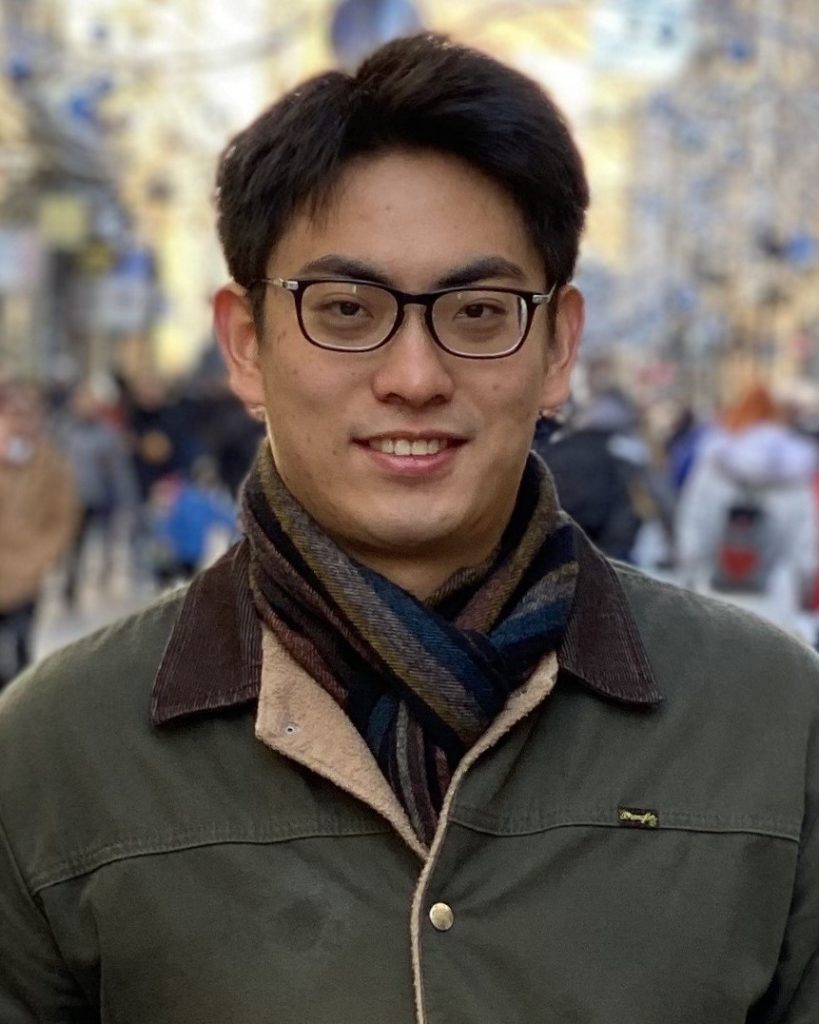
Dalton Transactions Poster Prize Jun-Hao Wang (University of Tsukuba, Japan) Junhao Wang (born in 1993, China) received his Ph.D in September 2021 from the Department of Chemistry, School of Science, the University of Tokyo (Japan) under the supervision of Prof. Shin-ichi Ohkoshi. After half a year of postdoctoral research at the Ohkoshi lab, in May 2022 Junhao Wang started his current tenure-track assistant professorship at Laboratory of Advanced Functional Materials (headed by Prof. Hiroko Tokoro), Faculty of Pure and Applied Sciences, University of Tsukuba (Japan). His research interest focuses on coupling luminescence and molecular magnetism within functional materials, and exploring novel mechanisms that dominate the physical phenomena. |
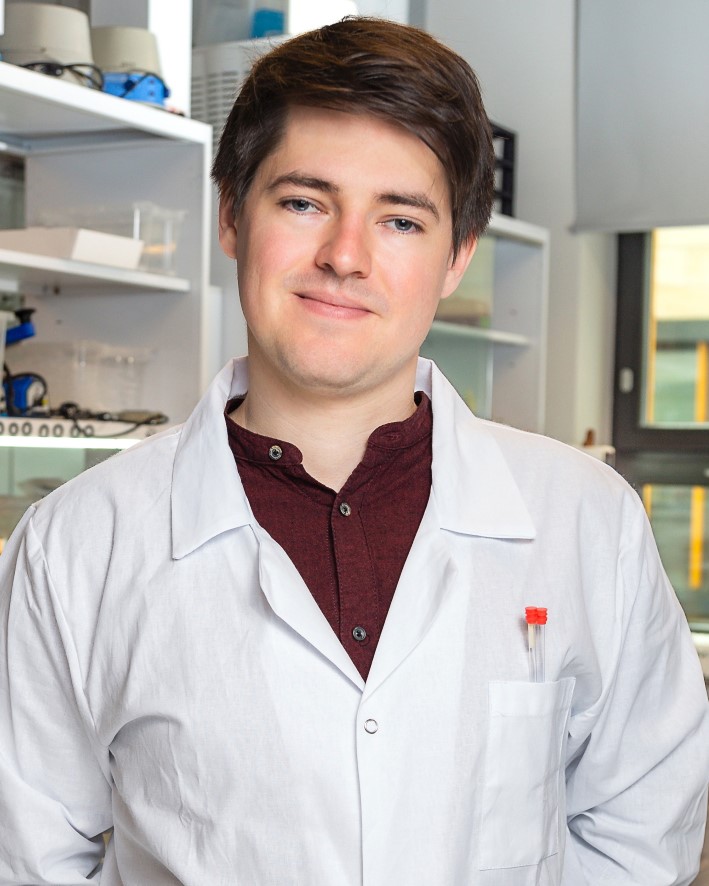
Dalton Transactions Poster Prize Paweł Pakulski (Jagiellonian University, Poland) Paweł Pakulski is a PhD student and assistant in the Inorganic Molecular Materials Groups, Faculty of Chemistry at the Jagiellonian University (Poland). He is a member of the Organometallic Materials Group under the supervision of Prof. Dawid Pinkowicz. During his PhD studies he worked on a project in molecular magnetism under the supervision of Prof. Selvan Demir at Michigan State University (USA), this stay was awarded by the Kościuszko Foundation research grant. He obtained his MSc in an interdisciplinary SMP mode (studies in mathematics and natural sciences) and earned a double diploma from Université d’Orléans (France) and Jagiellonian University. He earned his BSc in an interdisciplinary SMP mode at Jagiellonian University. His current research interests are connected to persistent organic radicals, molecular materials, redox-active organic molecules and heterocycles. |
|
Dalton Transactions Poster Prize Yoshiaki Shuku (Nagoya University, Japan) Yoshiaki Shuku is a lecturer at the Department of Chemistry, Nagoya University, Japan. He obtained his B.Sc. (2007), M.Sc. (2009) and D.Sc. (2012) in chemistry at Nagoya University. His research interests include the syntheses, crystal structures and physical properties of functional molecules such as stable organic radicals and transition metal complexes. Currently, he focuses on the solid-state physical properties derived from highly symmetric crystal structures of nonplanar 3-fold symmetric molecules. |
|
Dalton Transactions Poster Prize Leonardo Tacconi (University of Florence, Italy) Leonardo Tacconi is a PhD student at the University of Florence (Italy), under the supervision of Professor Mauro Perfetti. He started his journey in Chemistry with a bachelor’s degree focused on the study of high pressure synthesis of carbon nanothreads. Then, he got his master’s degree in chemical science with a thesis work on the effect of electric fields over the magnetic properties of lanthanide complexes. Currently, he is working on a multitechnique approach to study and model the magnetic anisotropy of metal complexes.
|


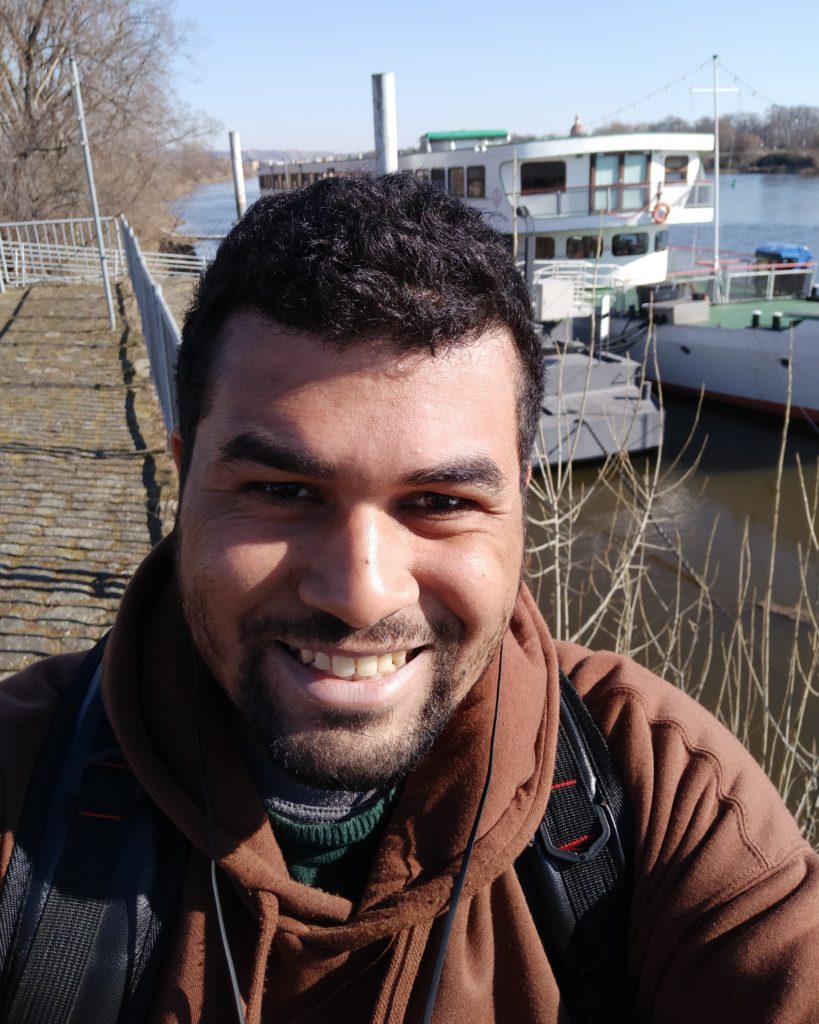
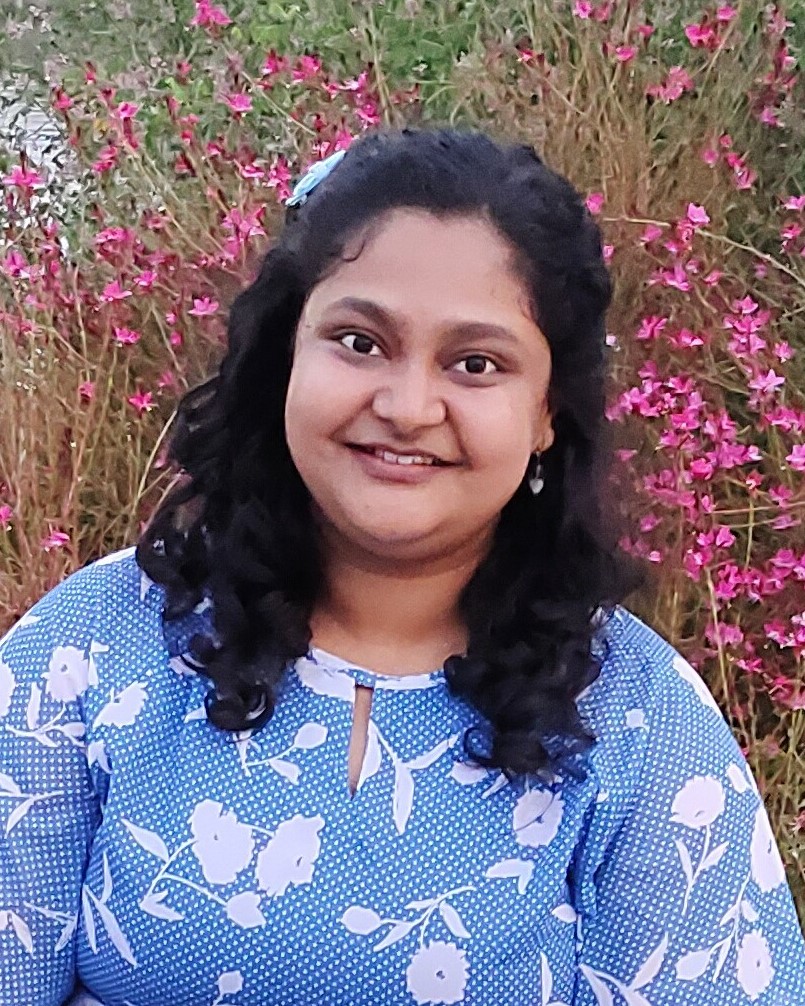
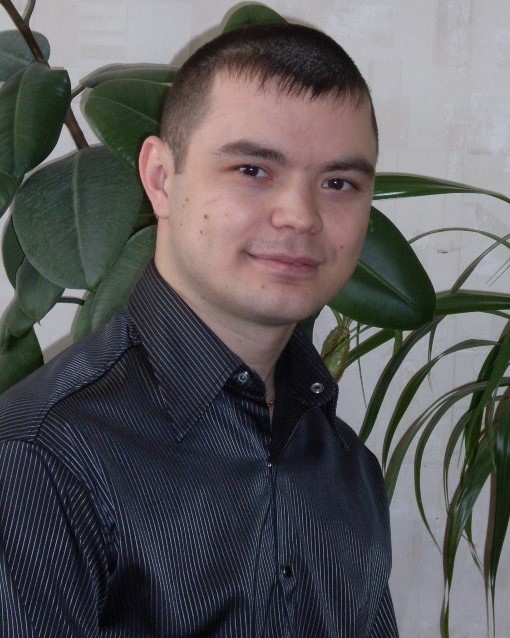
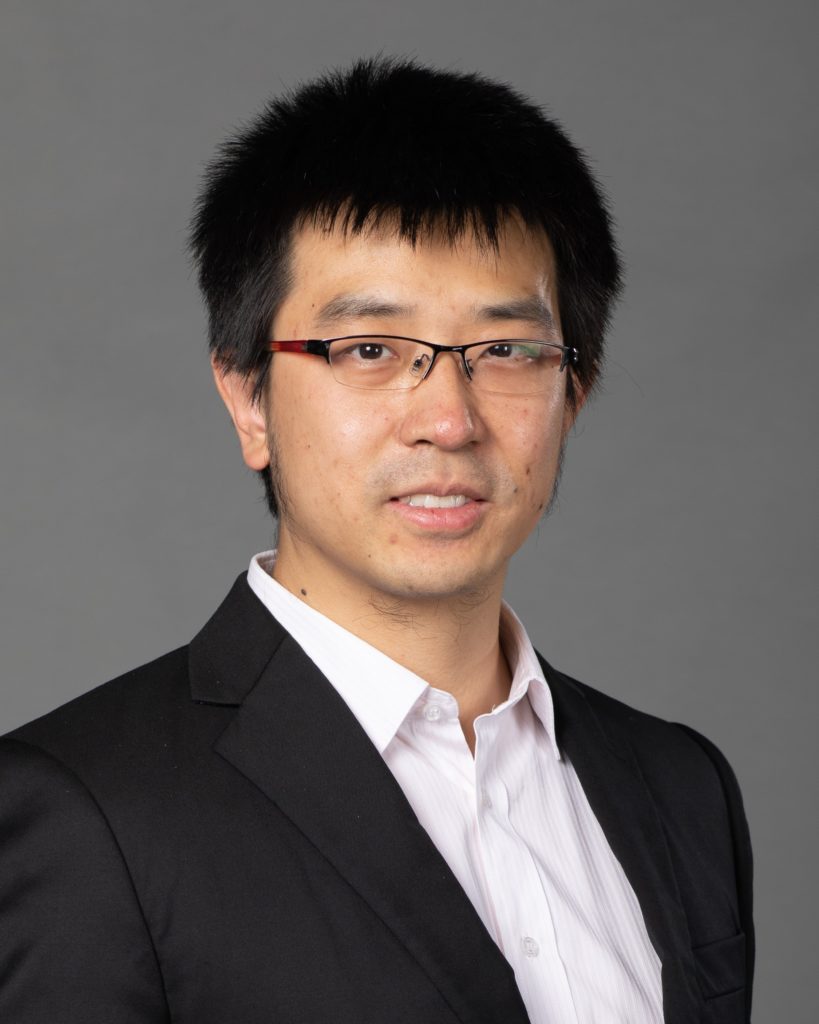
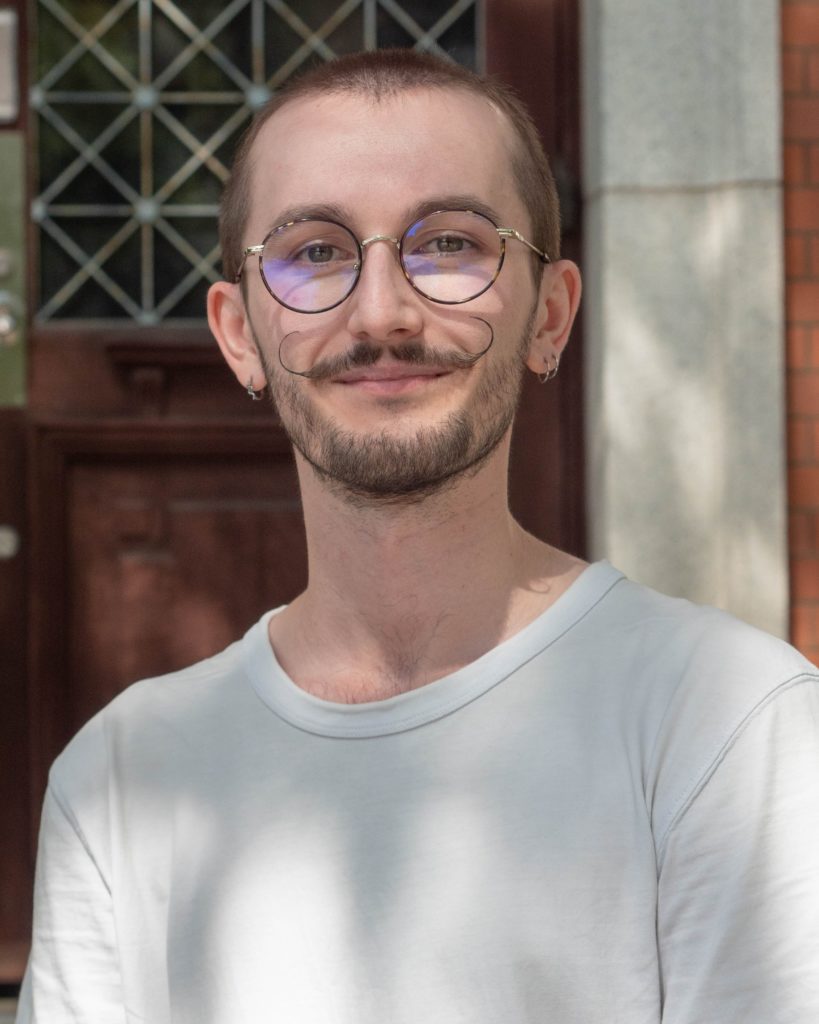
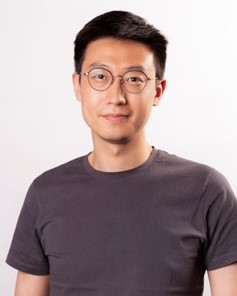
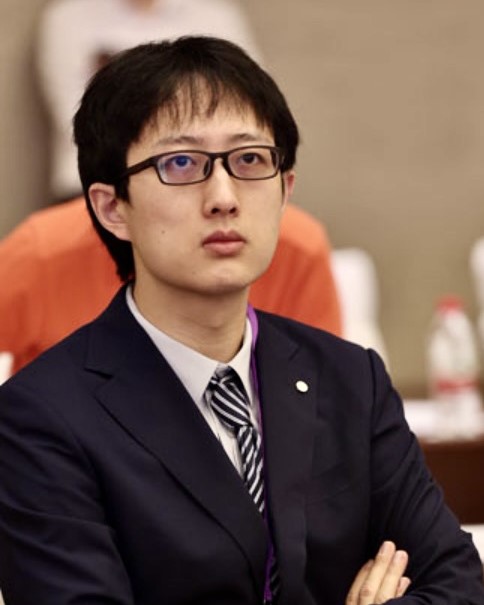
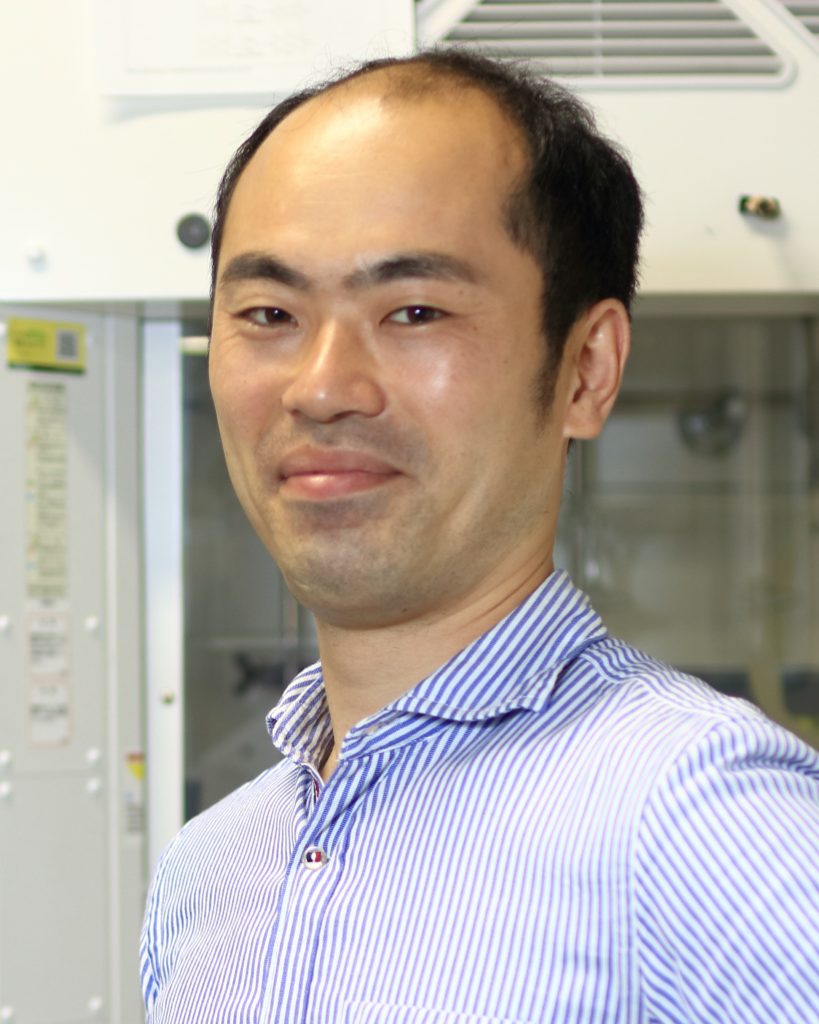
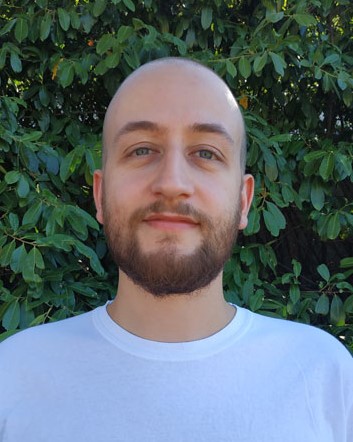









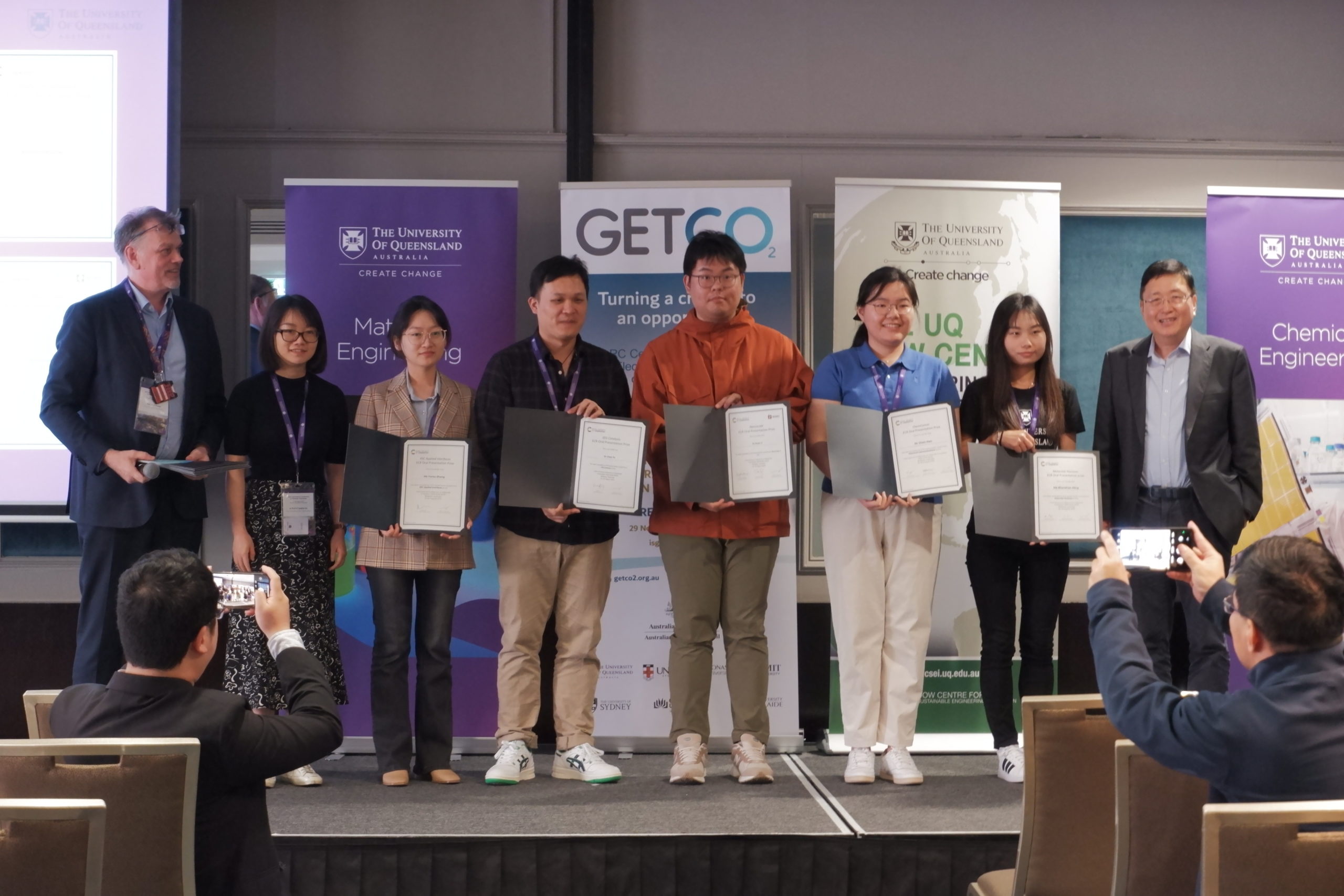
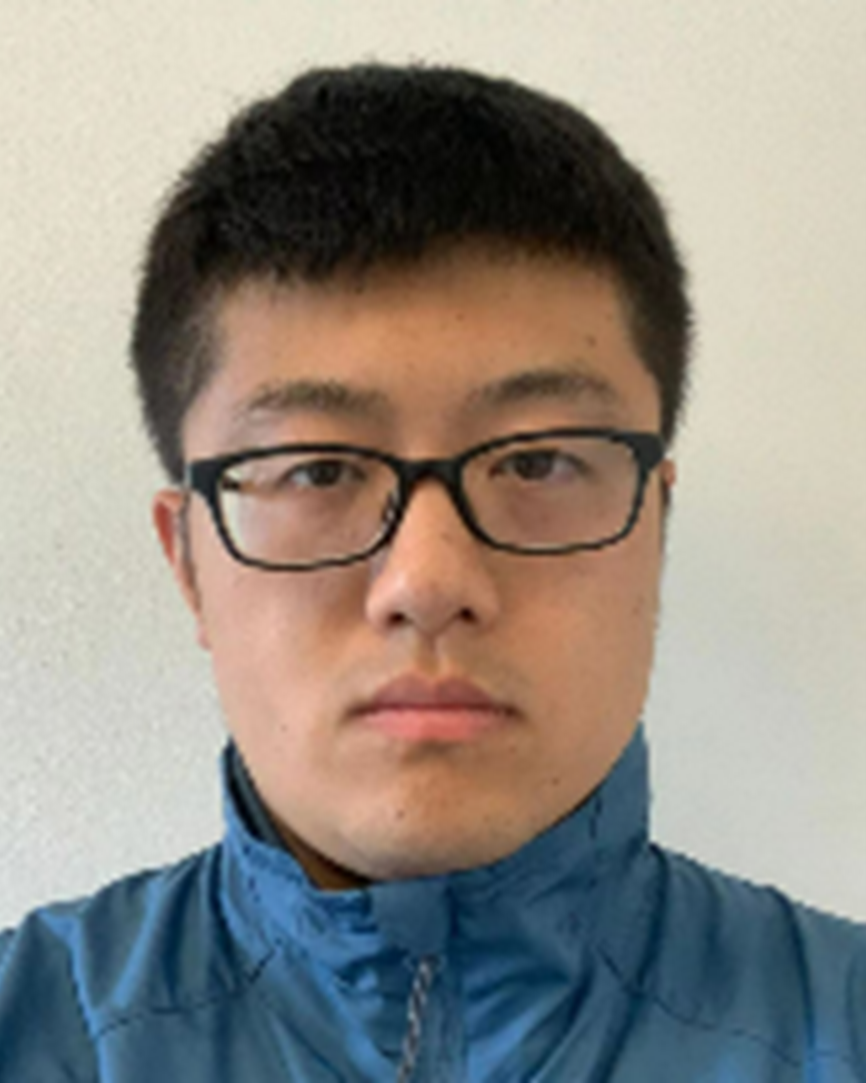
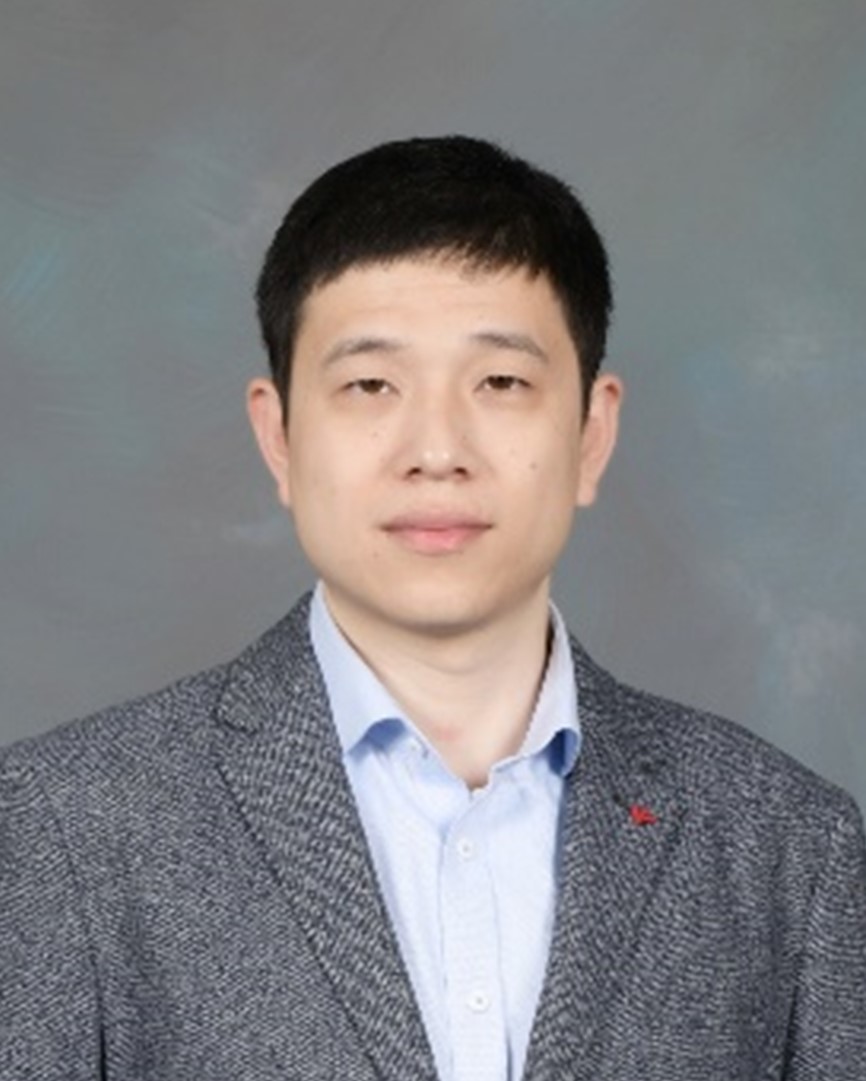
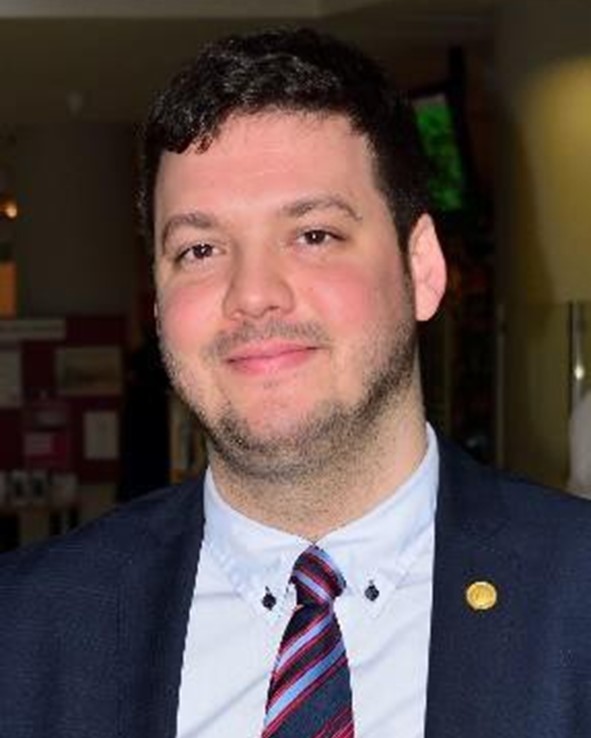
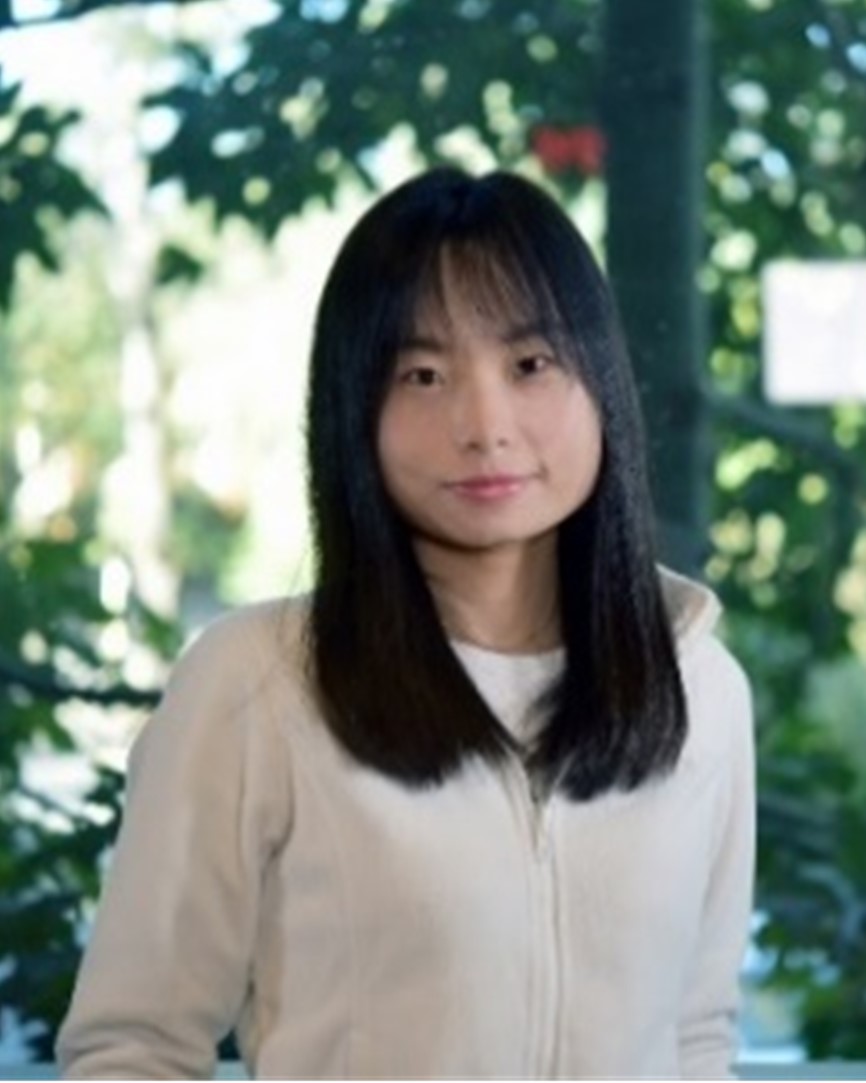
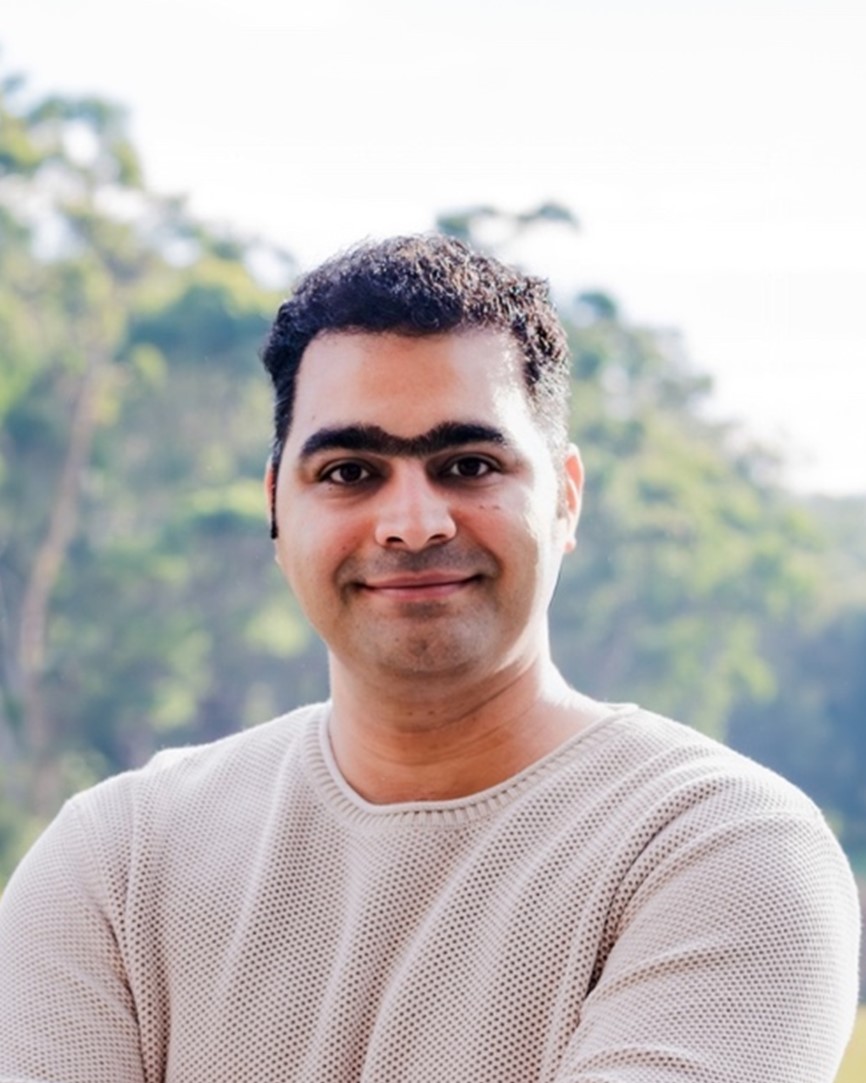
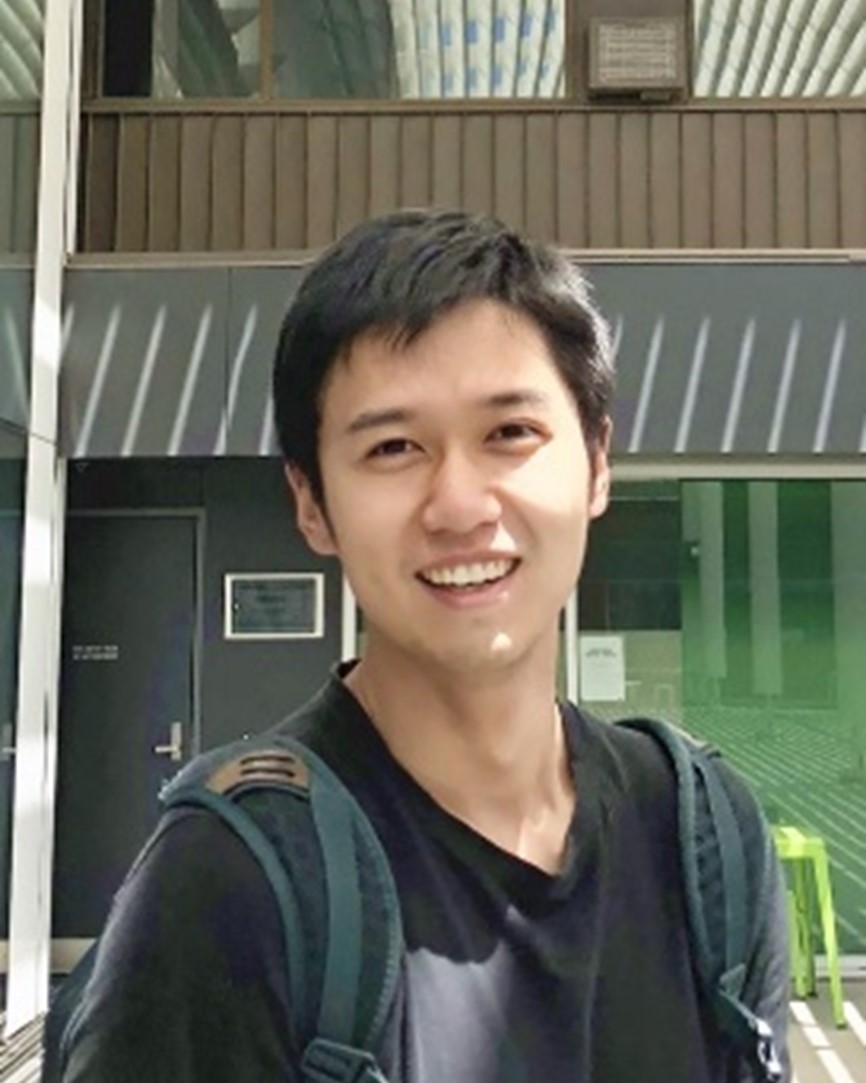
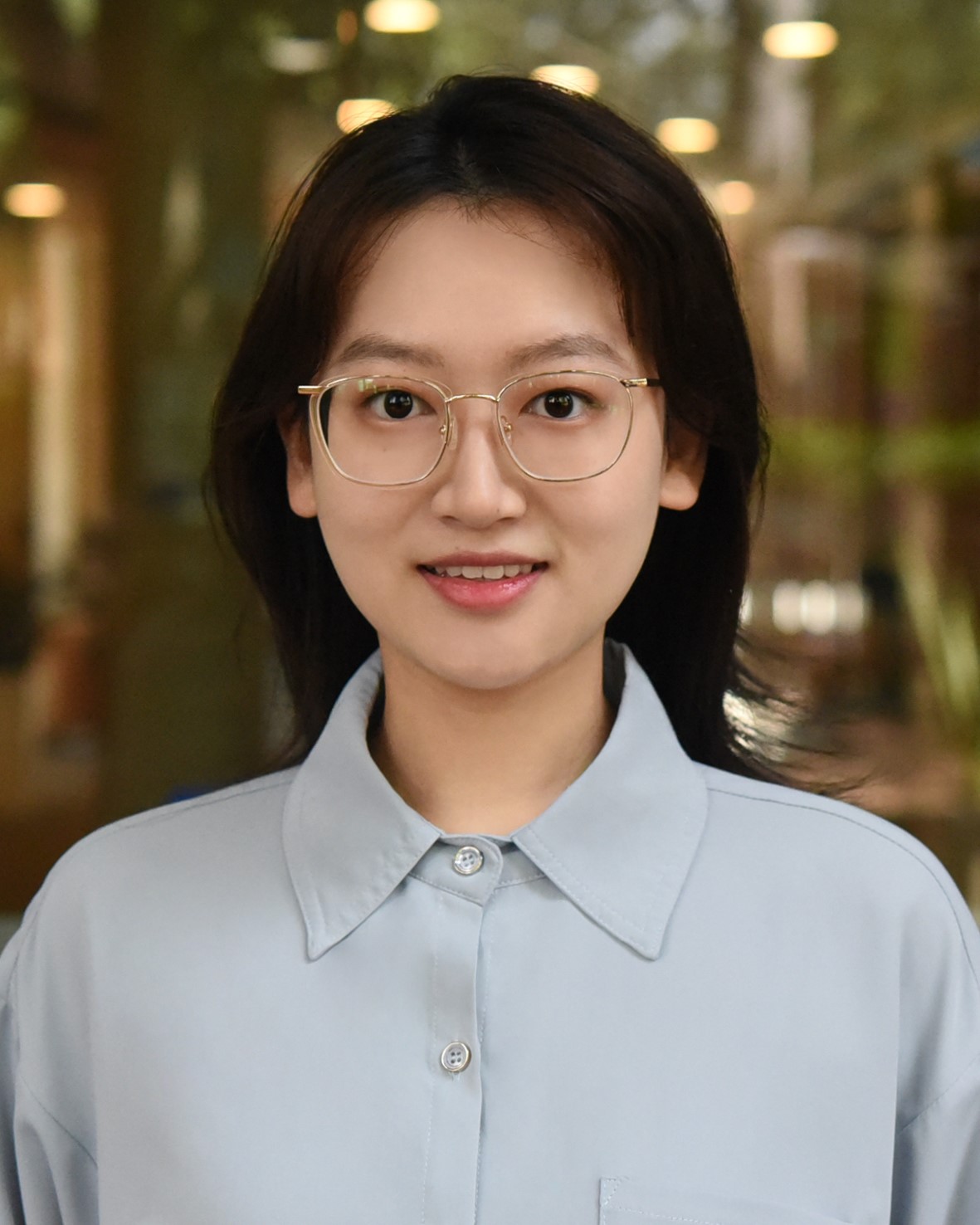
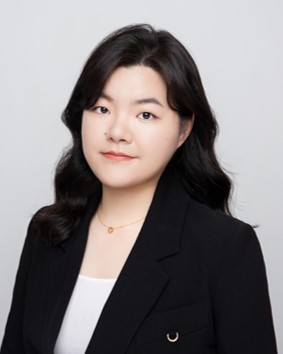
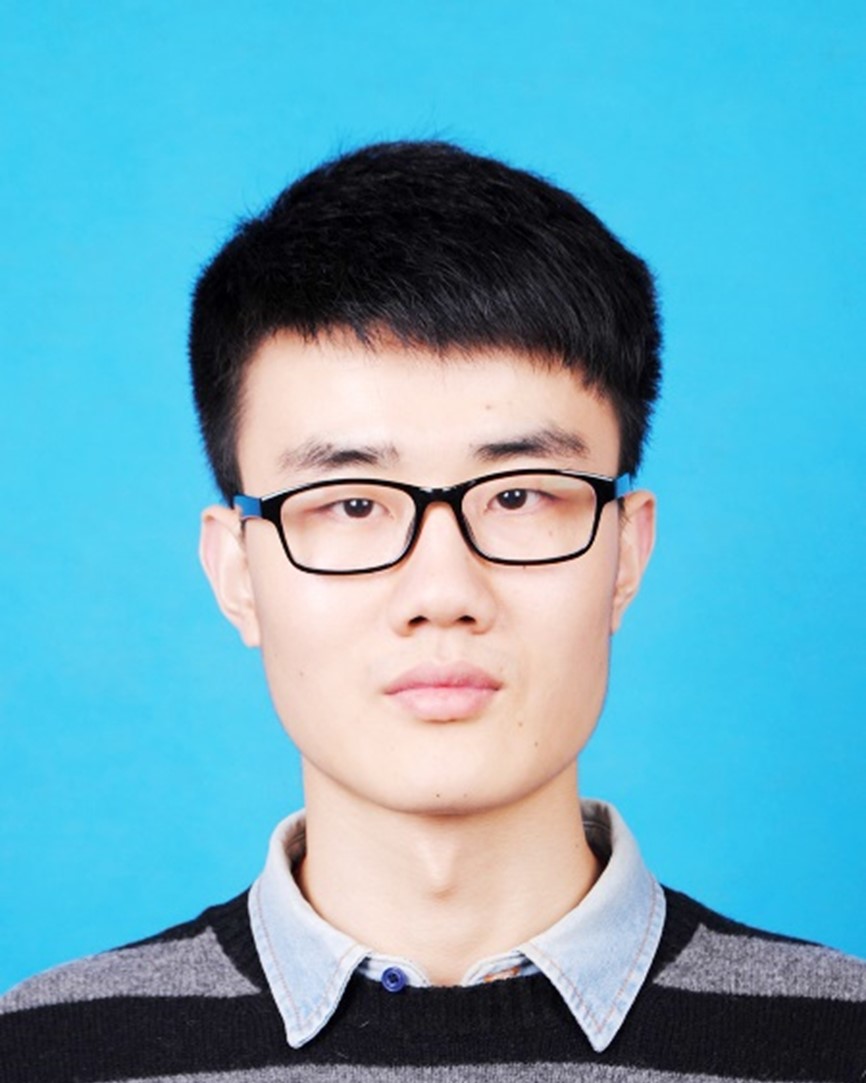
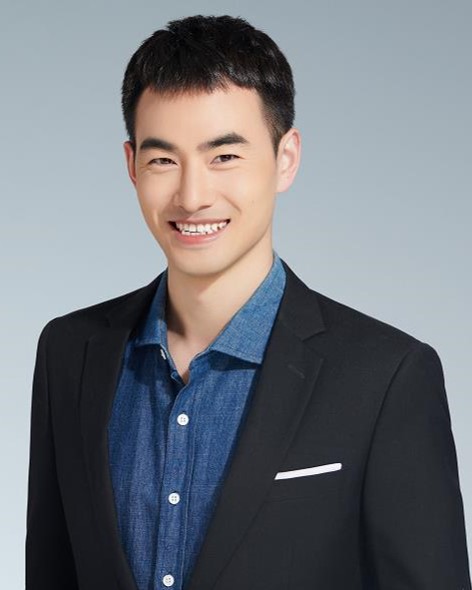
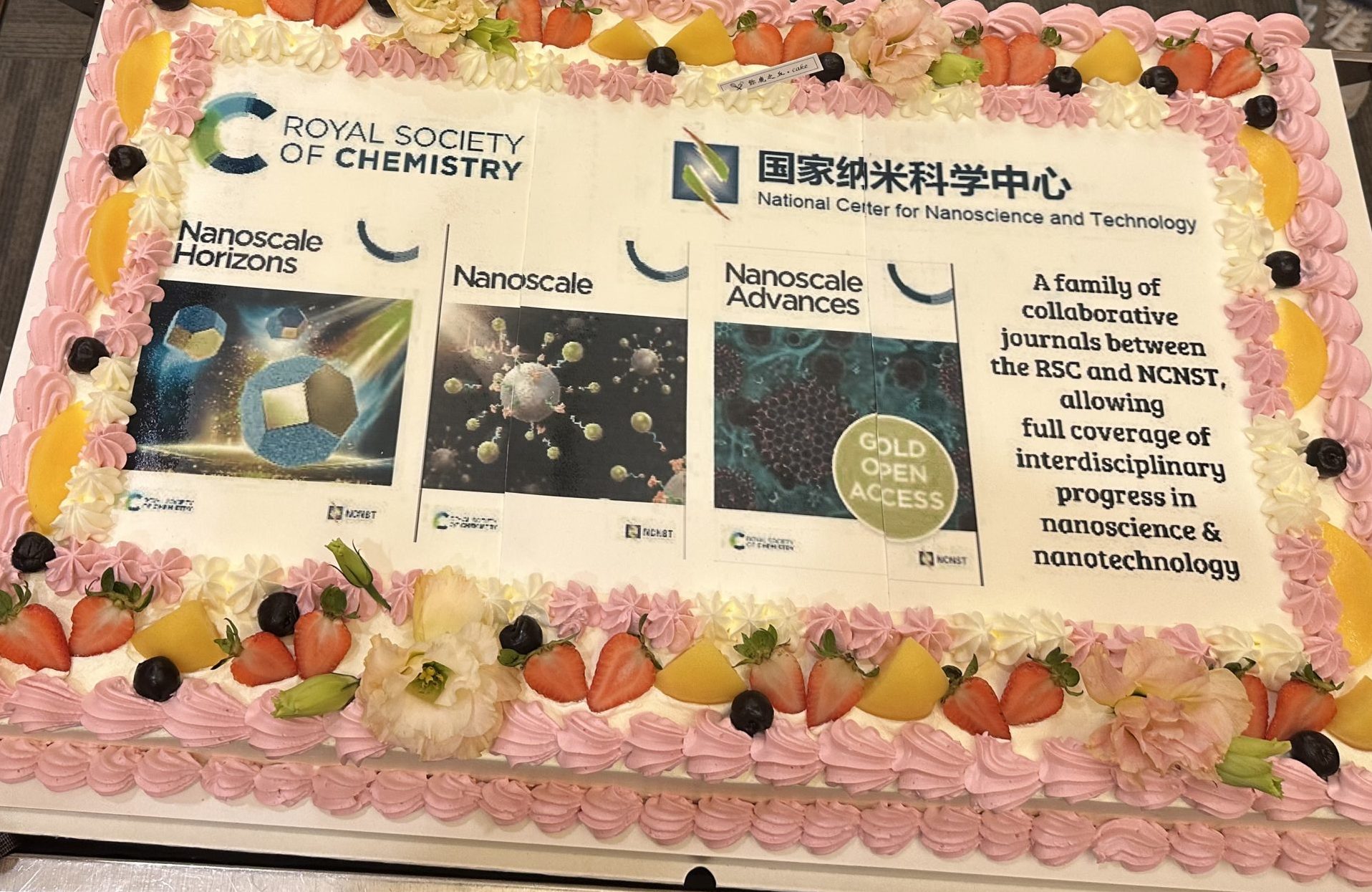
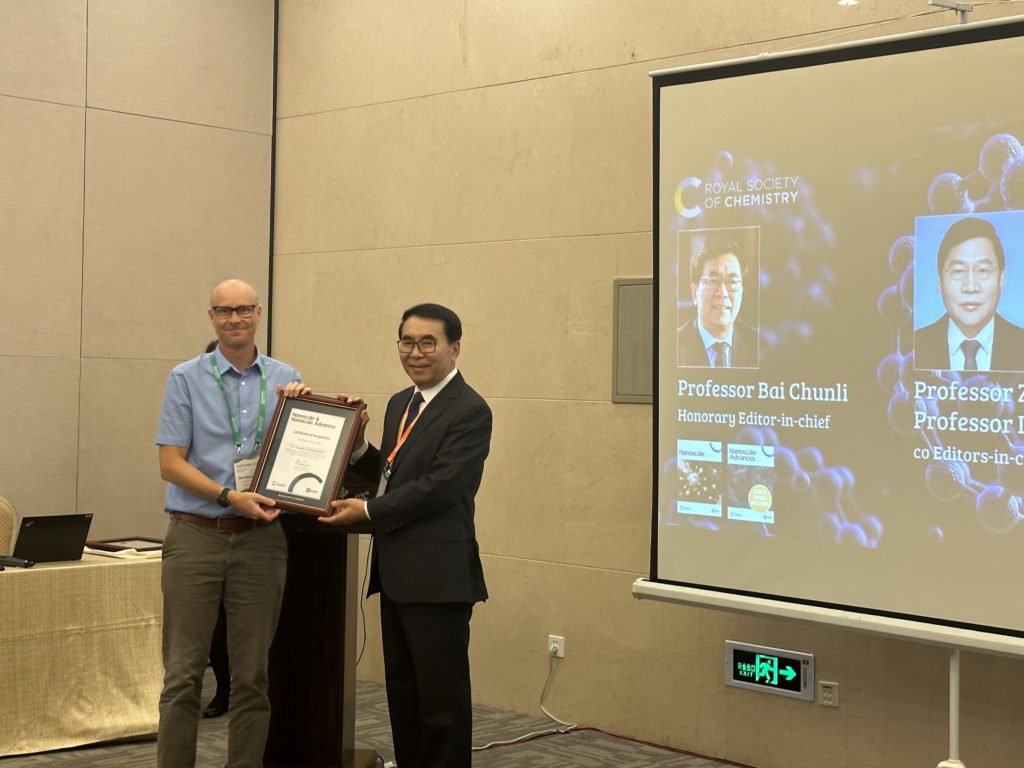
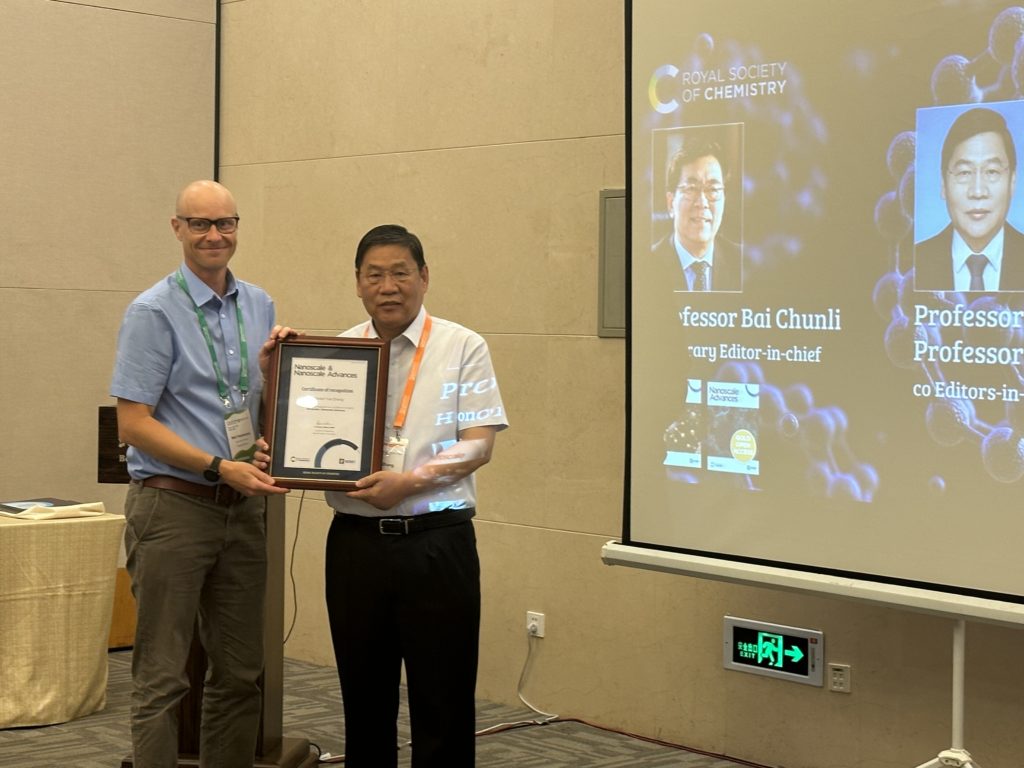
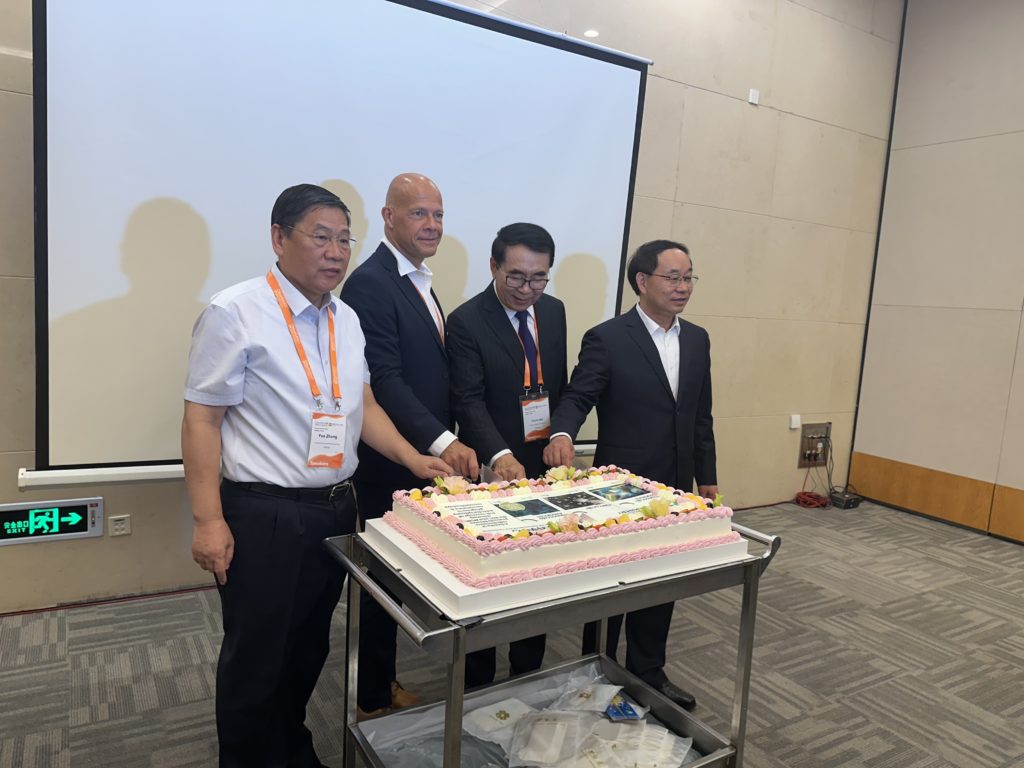
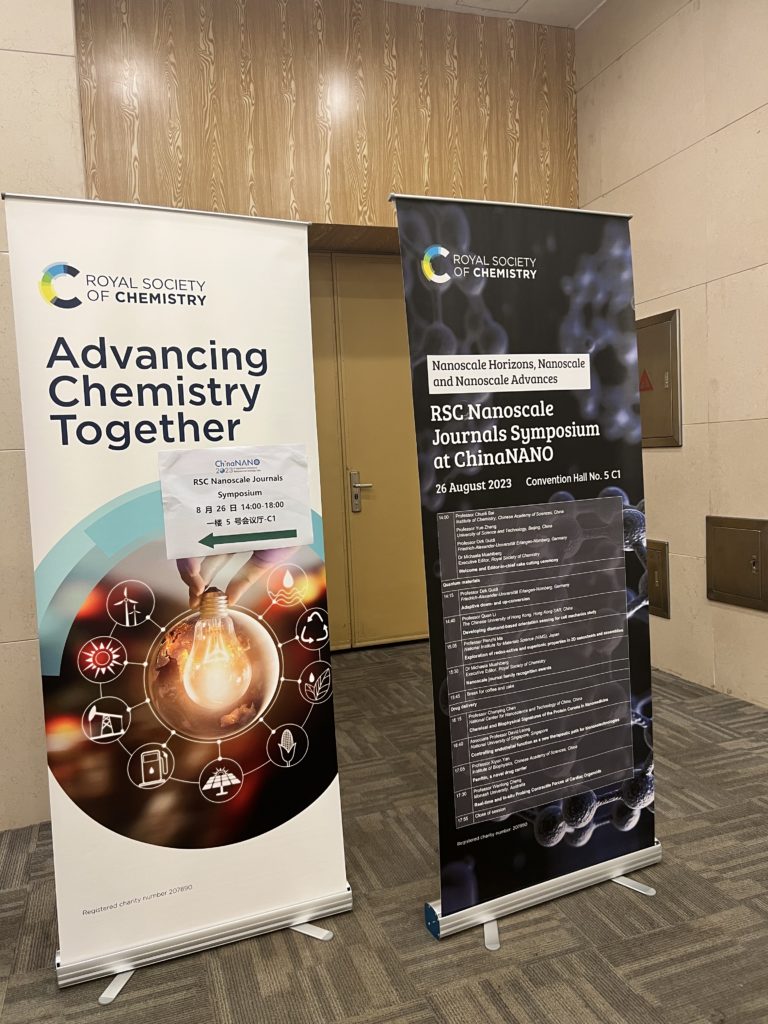
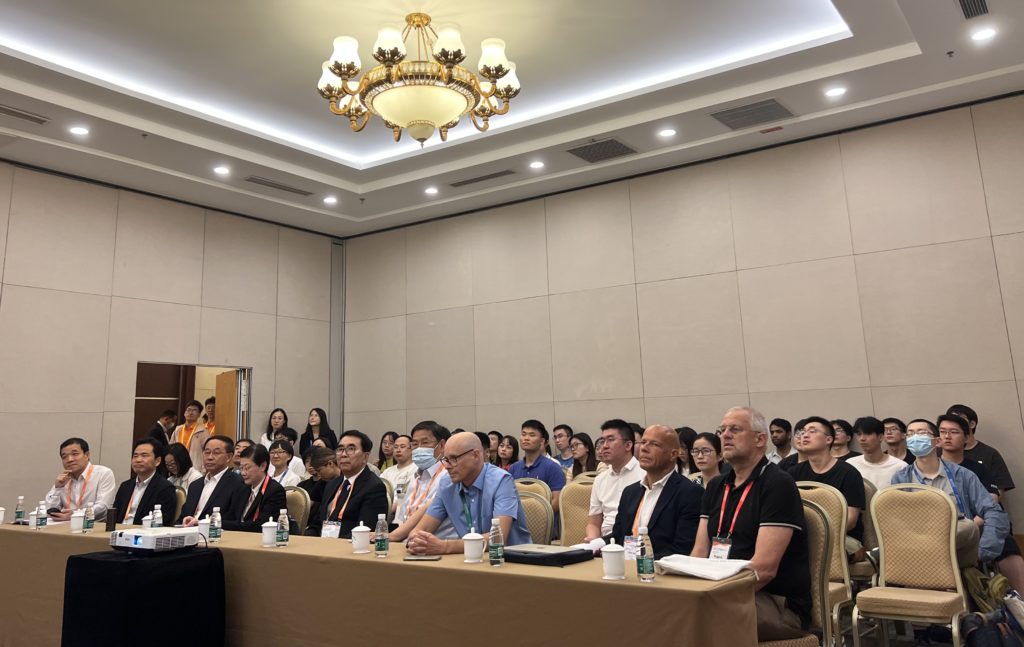
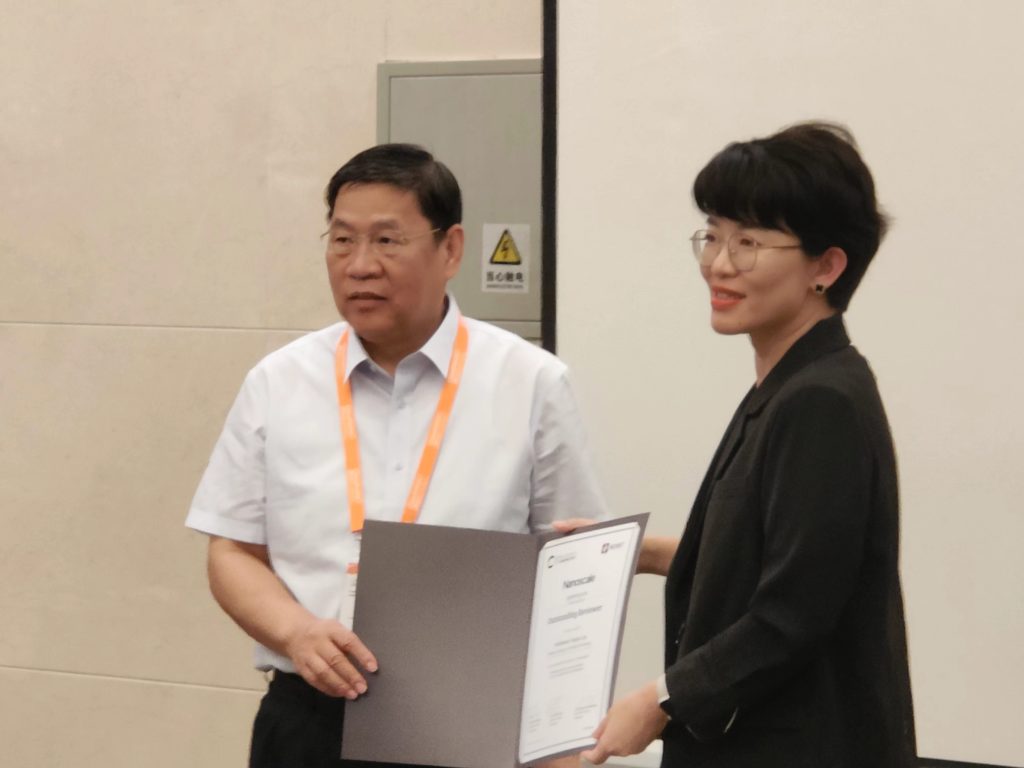
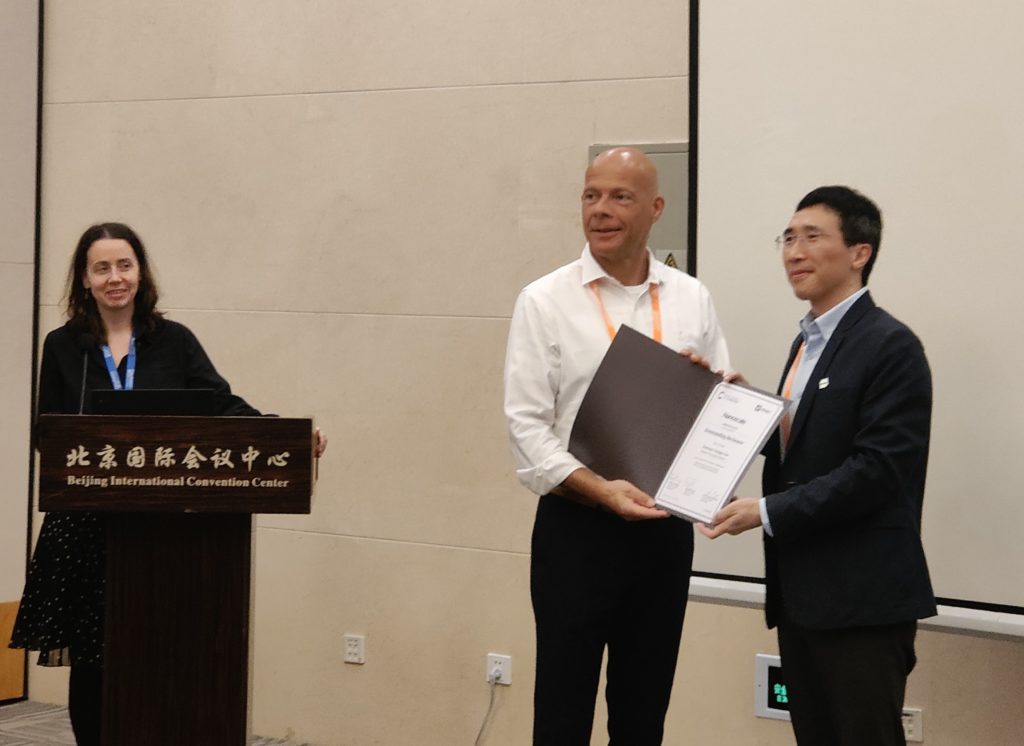
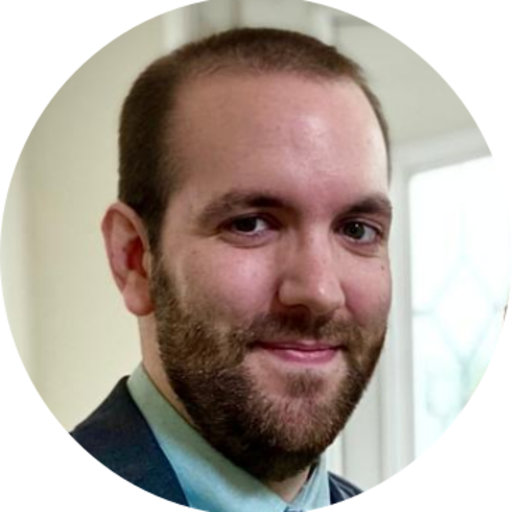

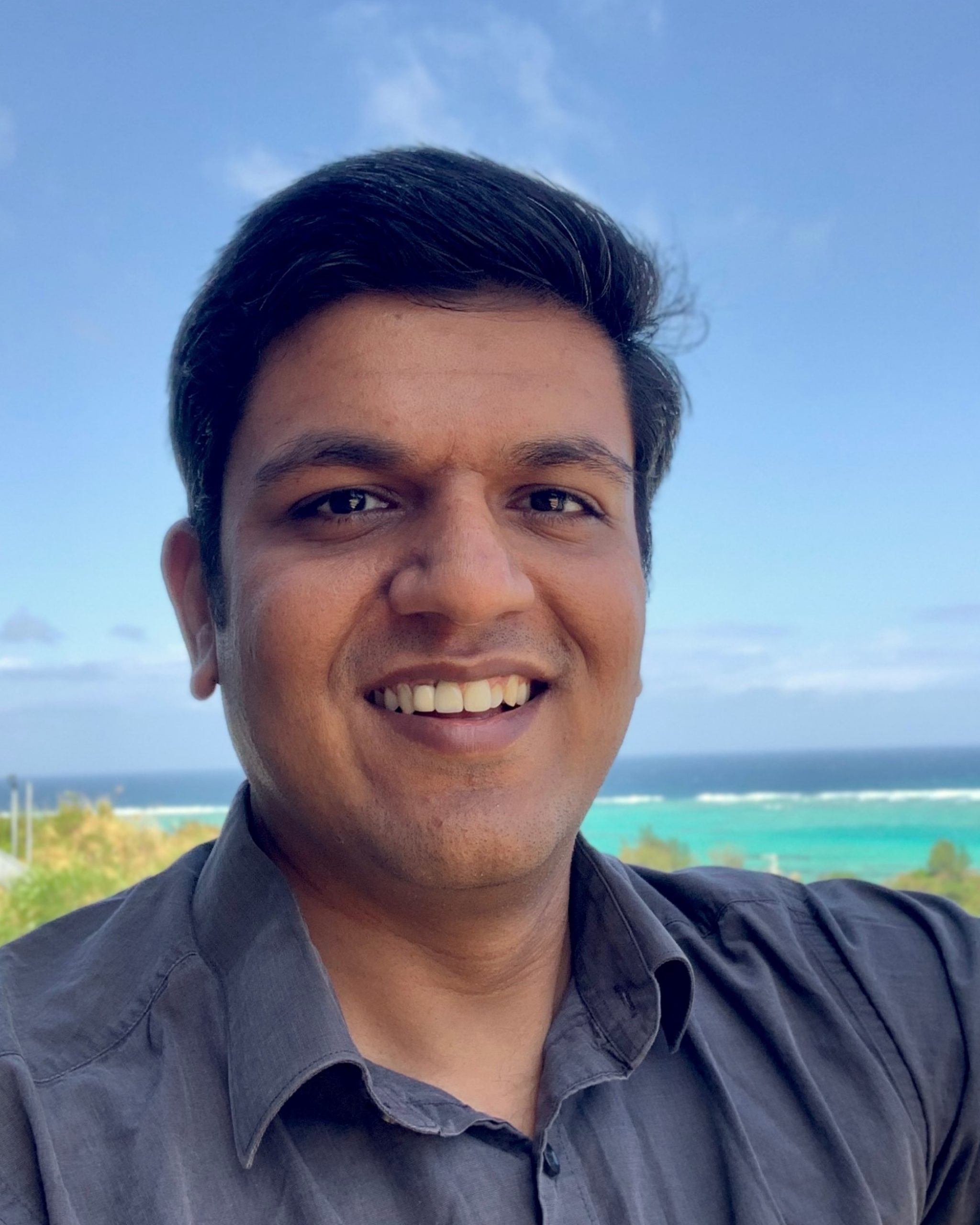
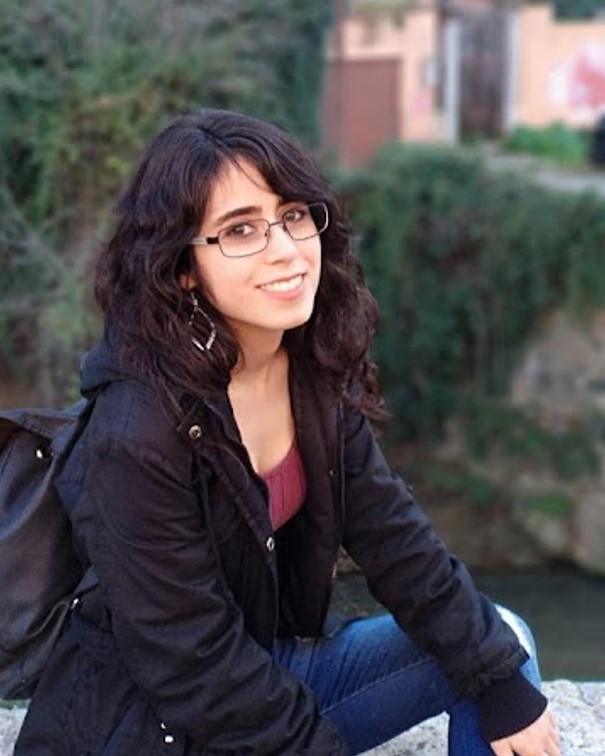
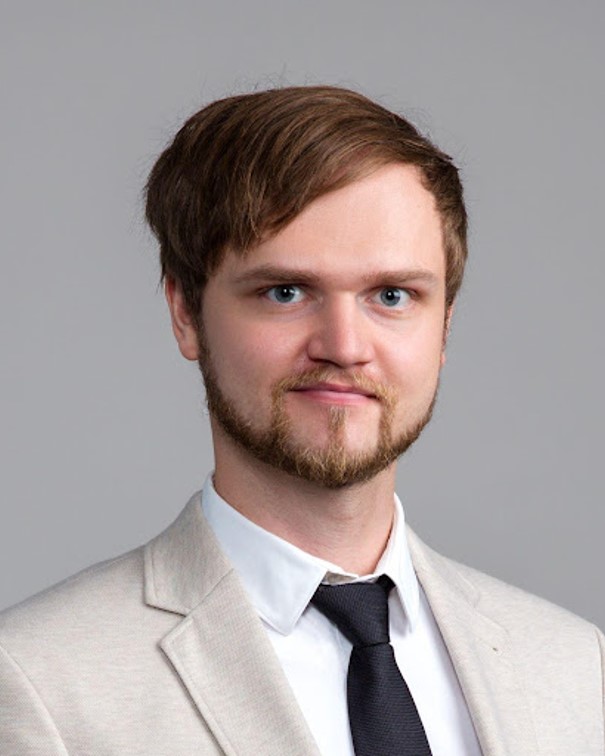
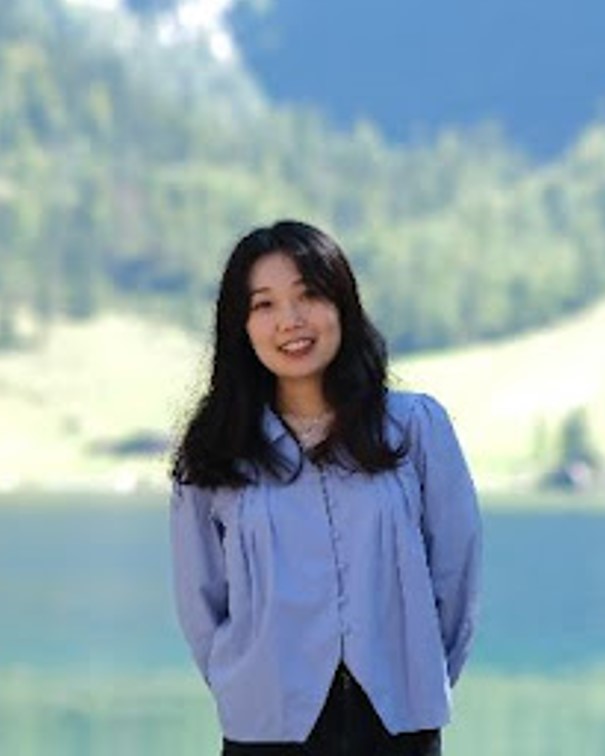
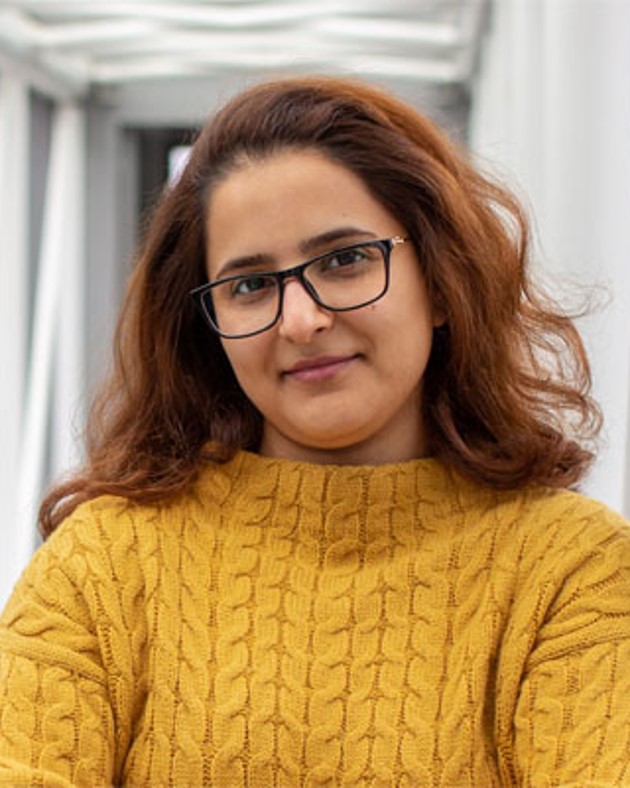
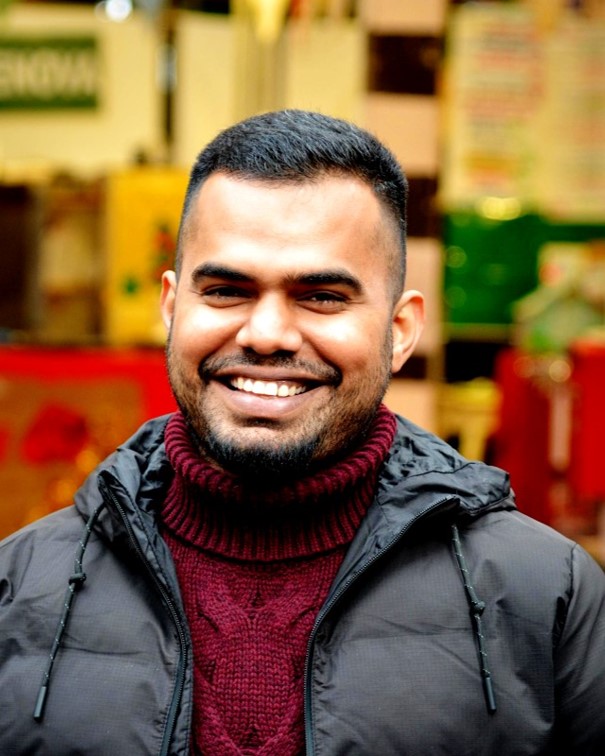
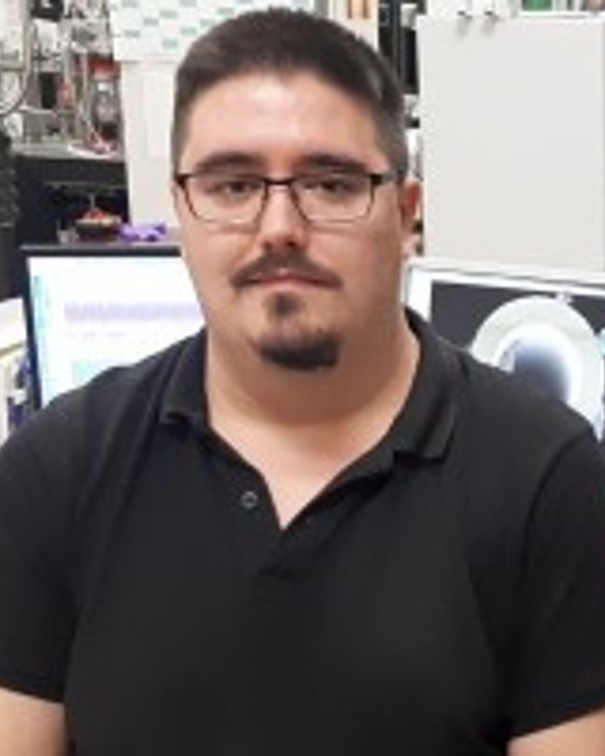
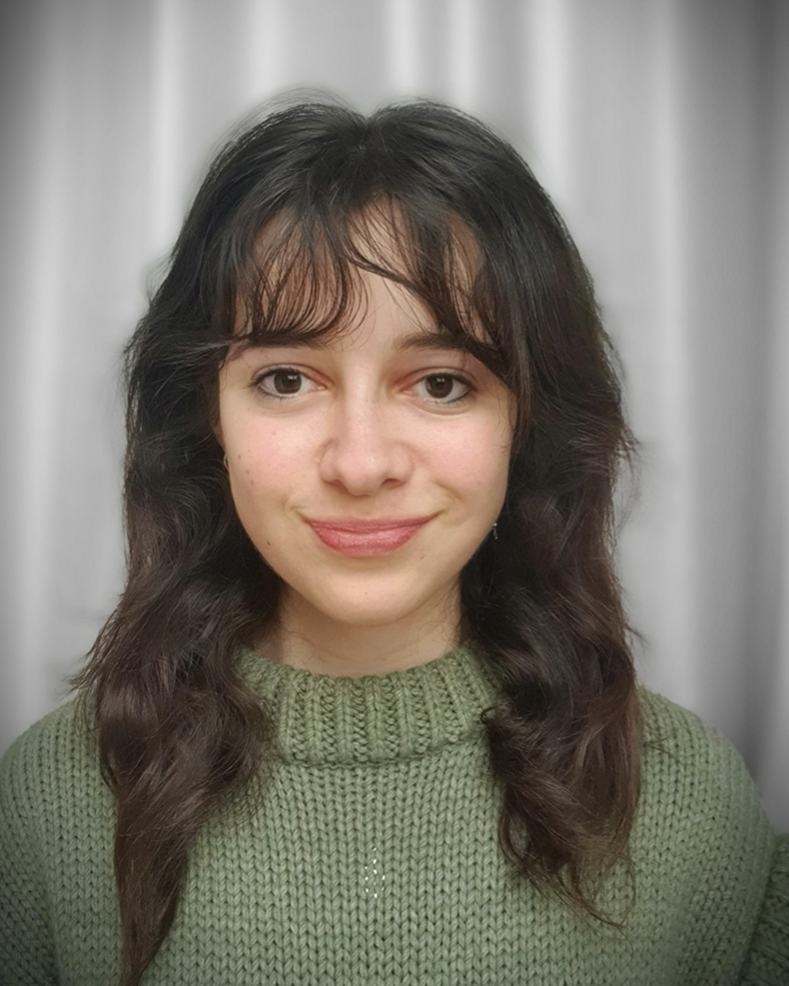
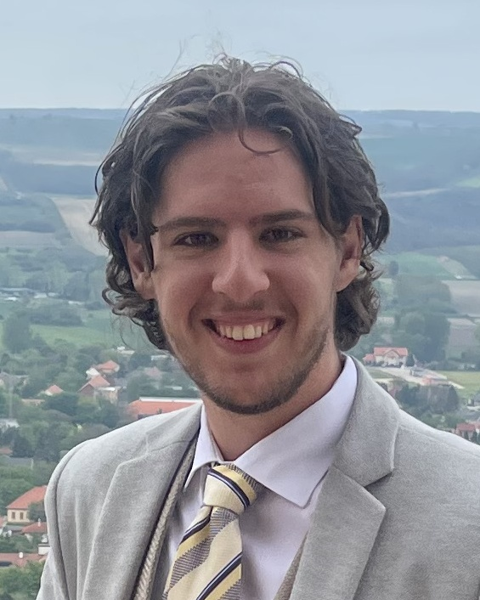
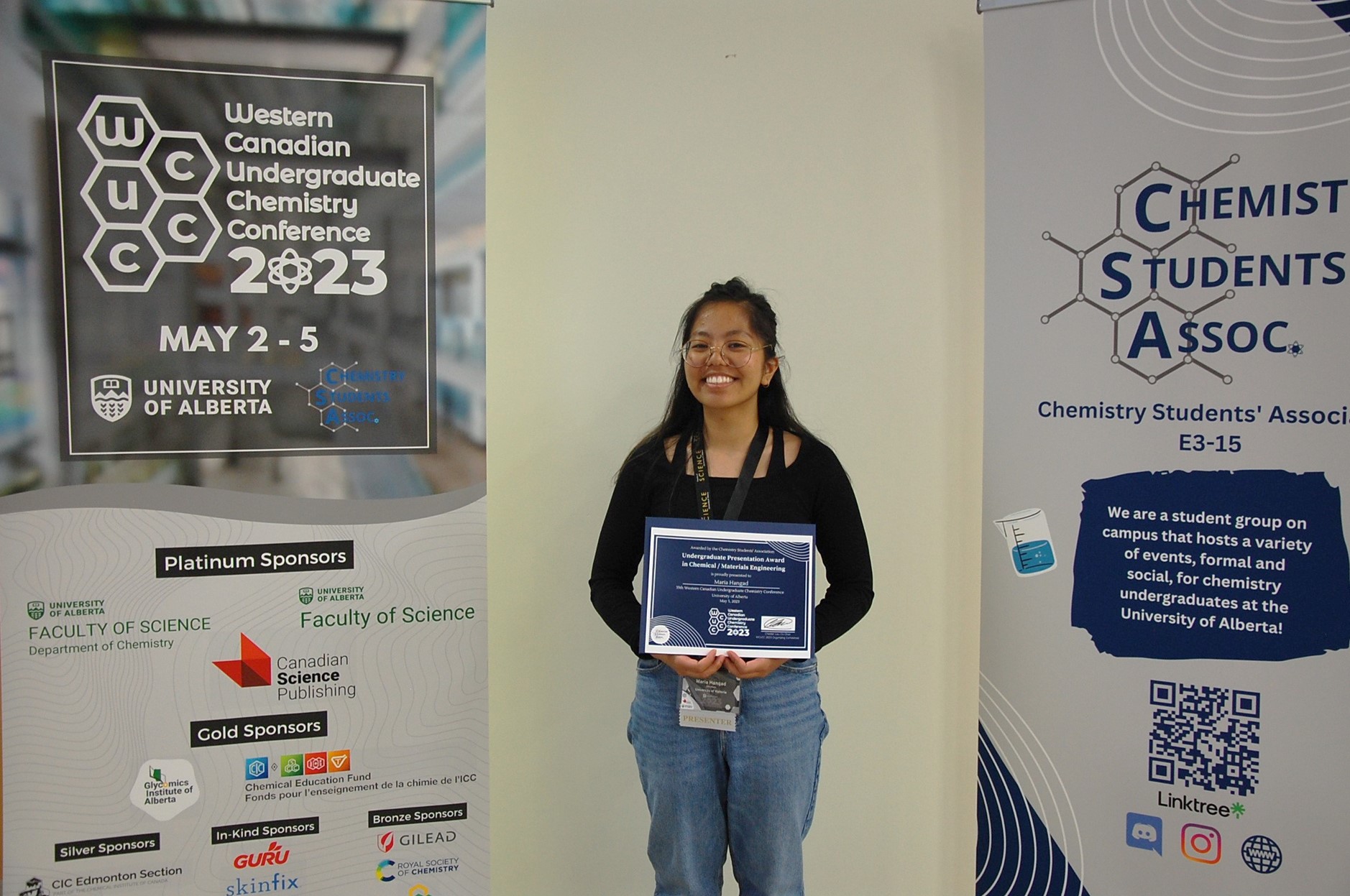
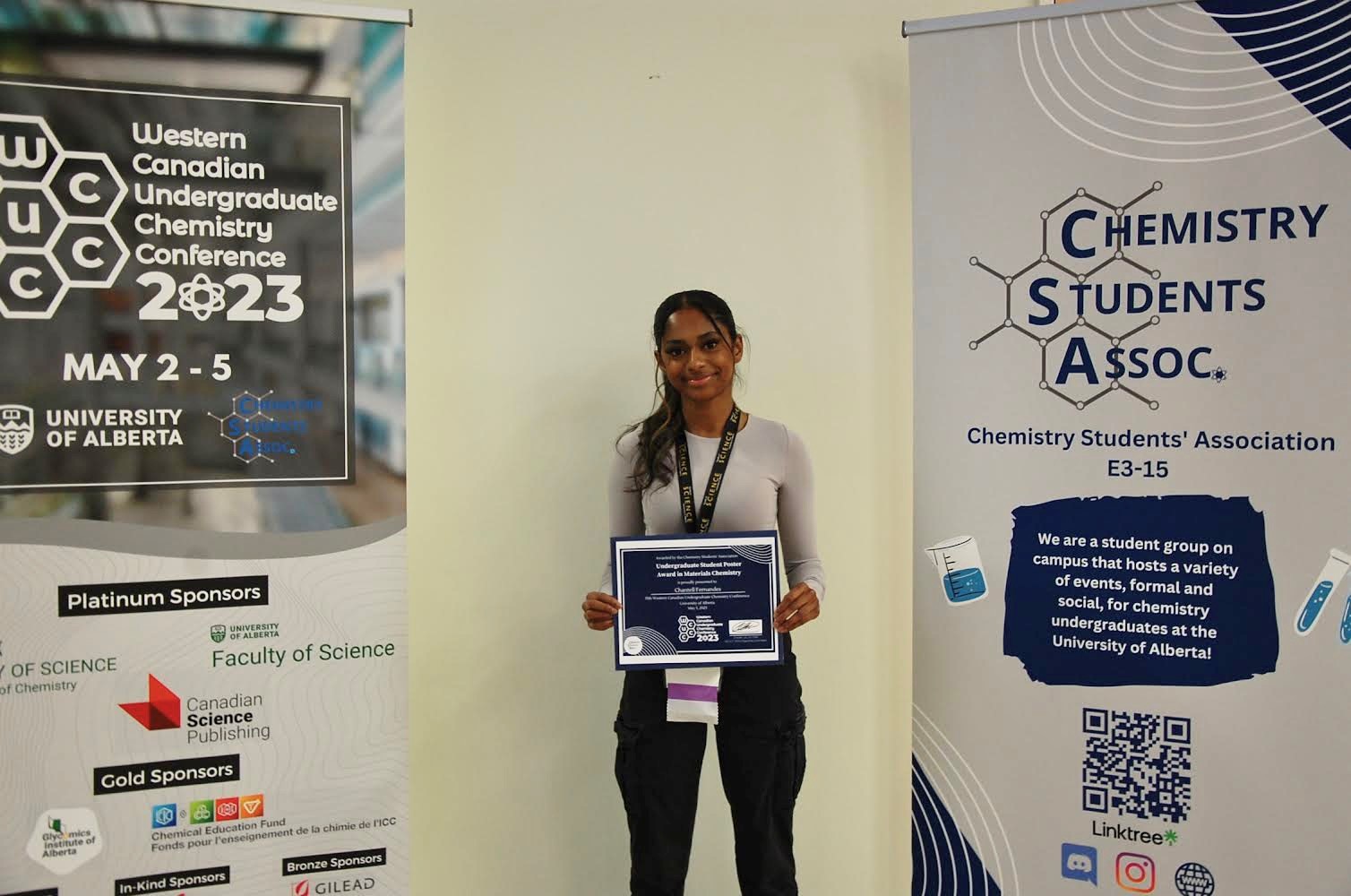
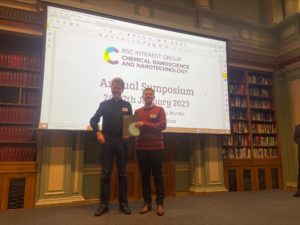
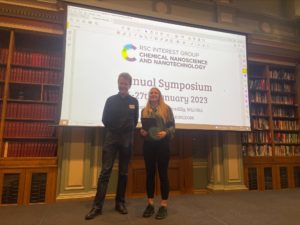
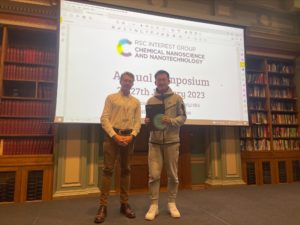
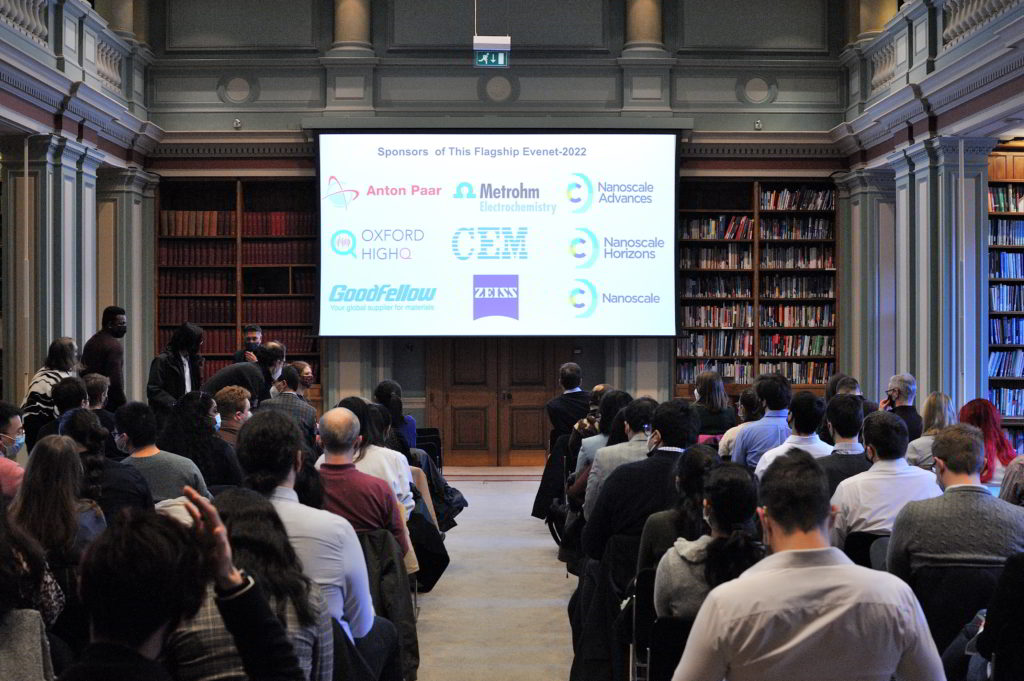
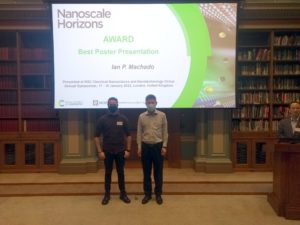
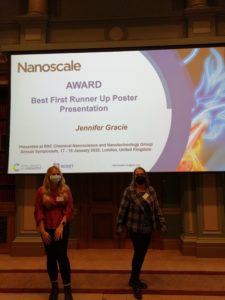
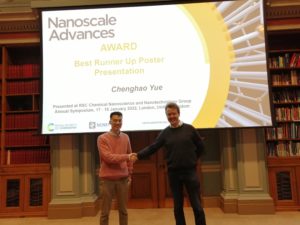
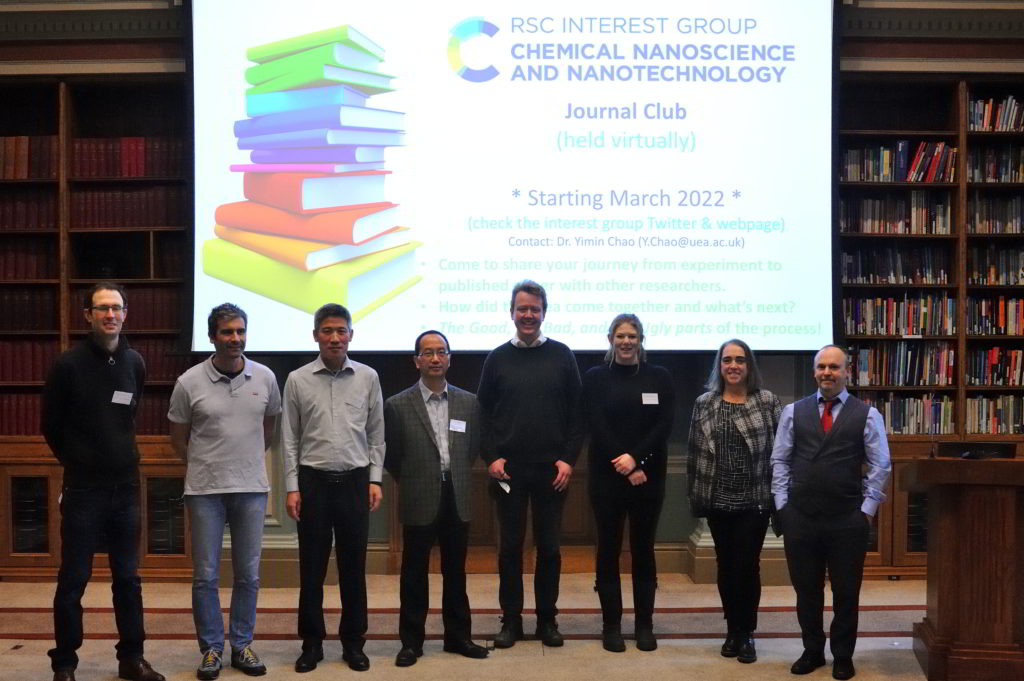

 We are delighted to offer invited speakers and selected attendees of NALS 2020 the opportunity to contribute some of their new high quality work to
We are delighted to offer invited speakers and selected attendees of NALS 2020 the opportunity to contribute some of their new high quality work to 